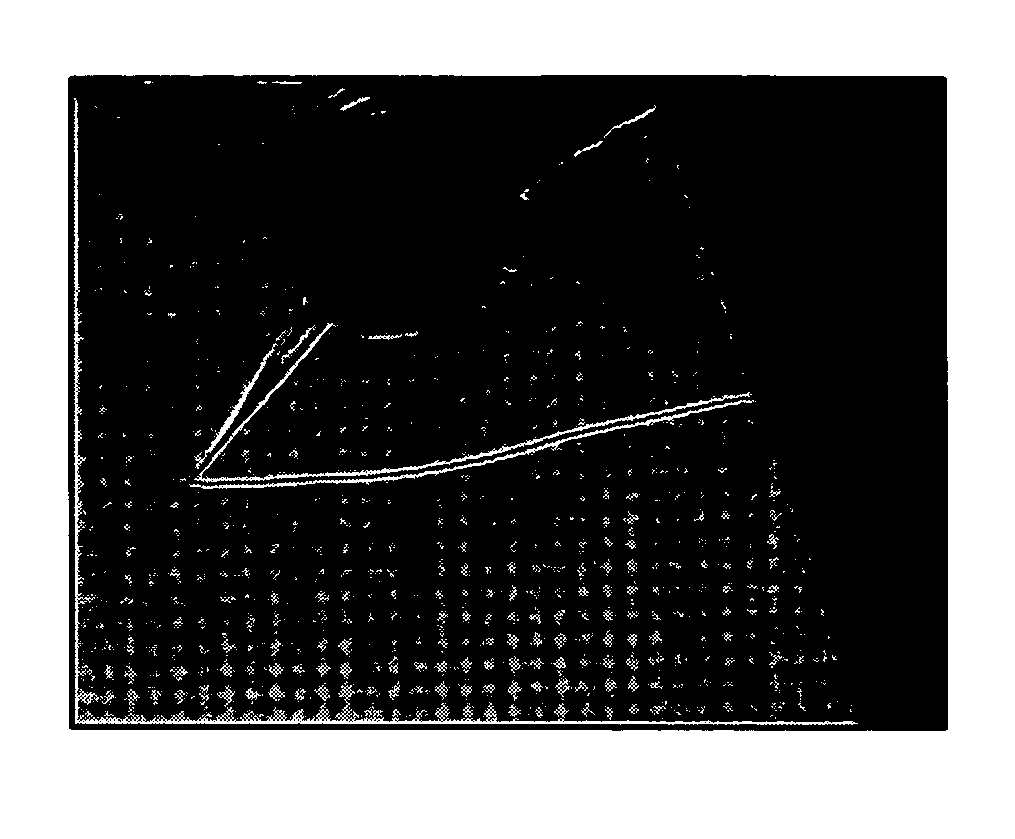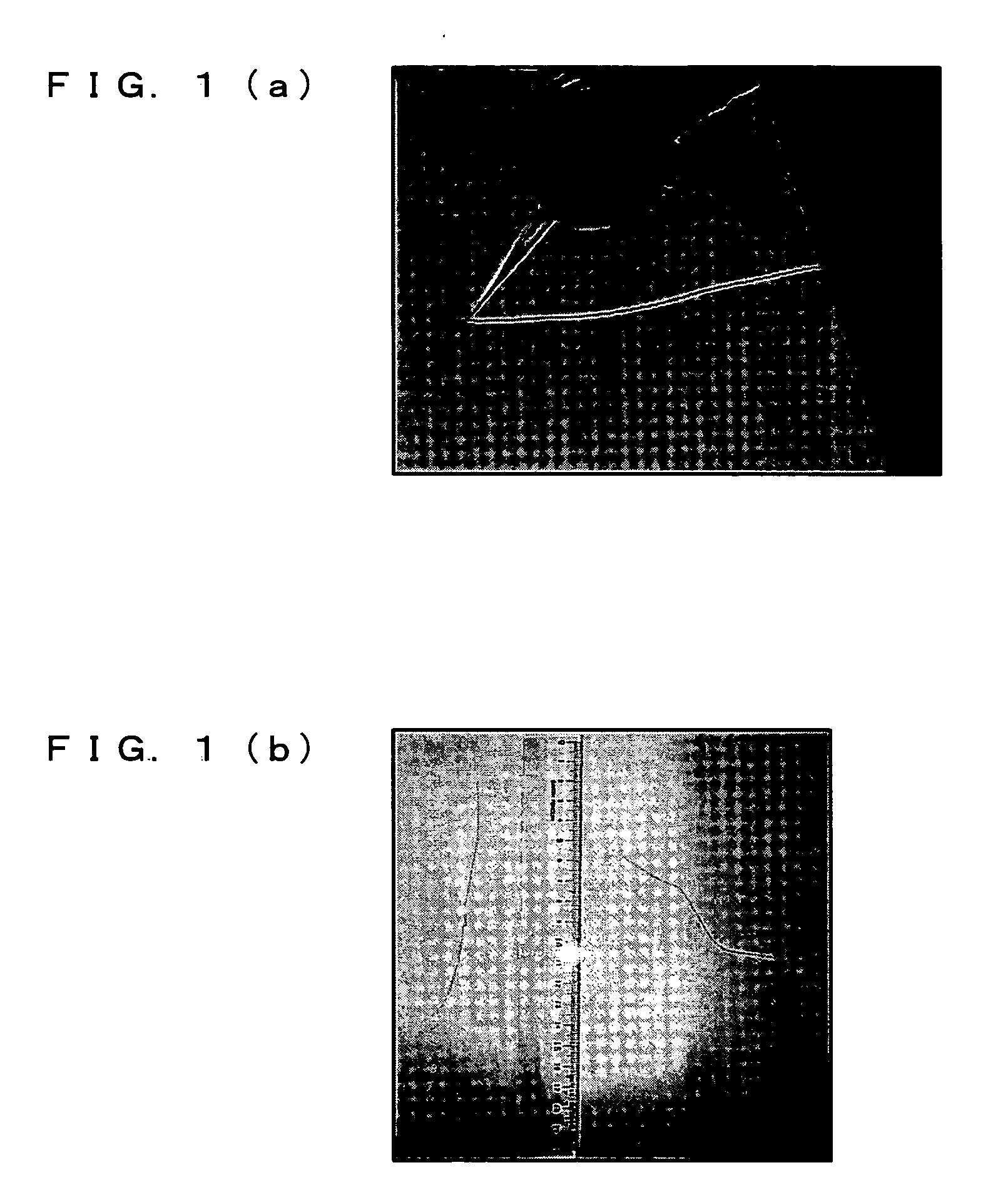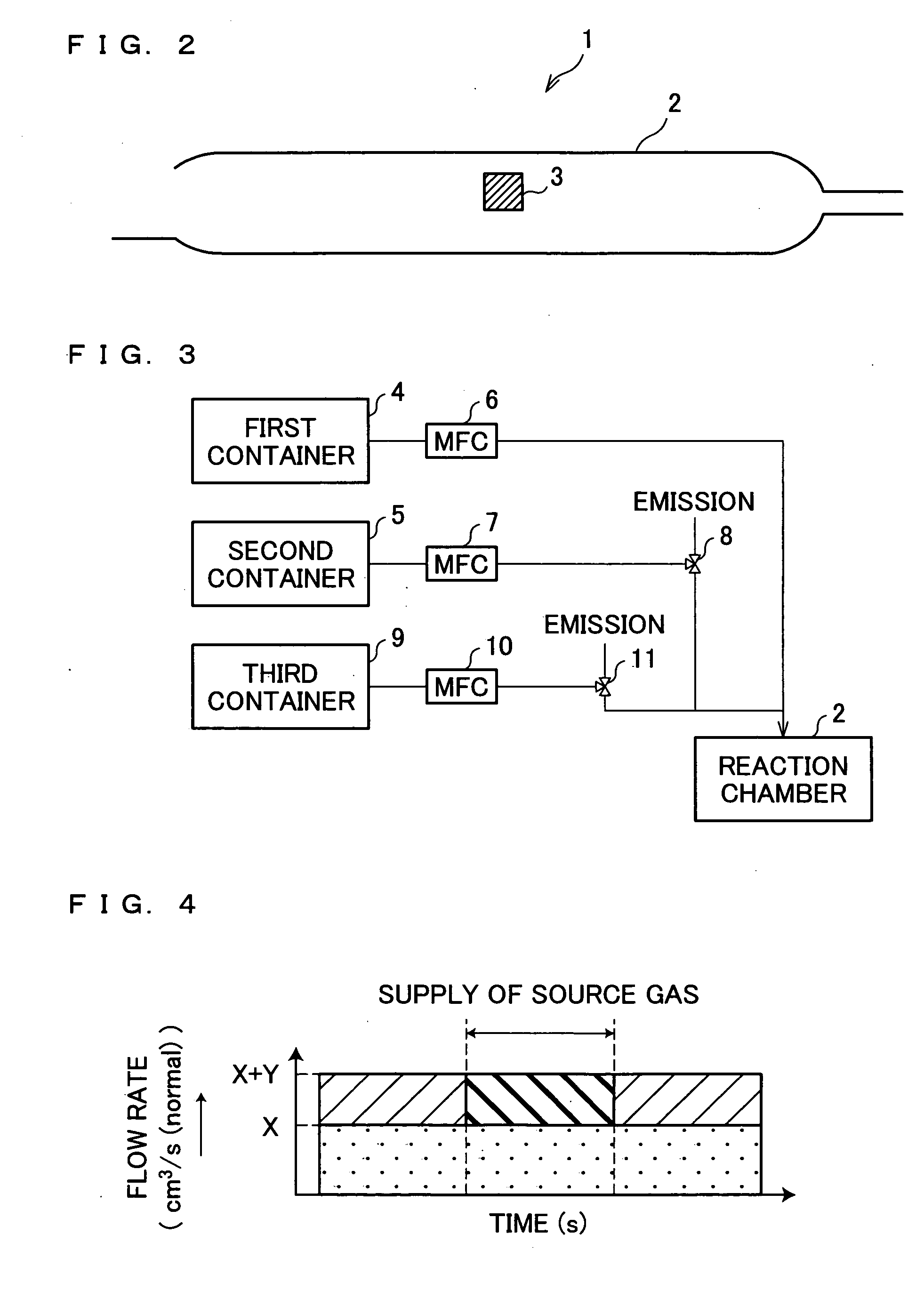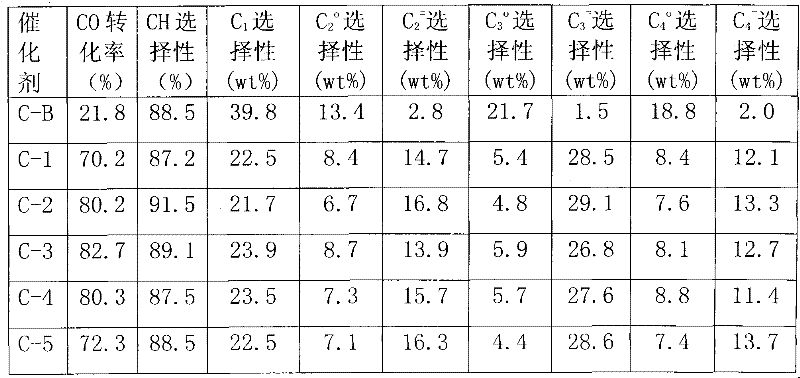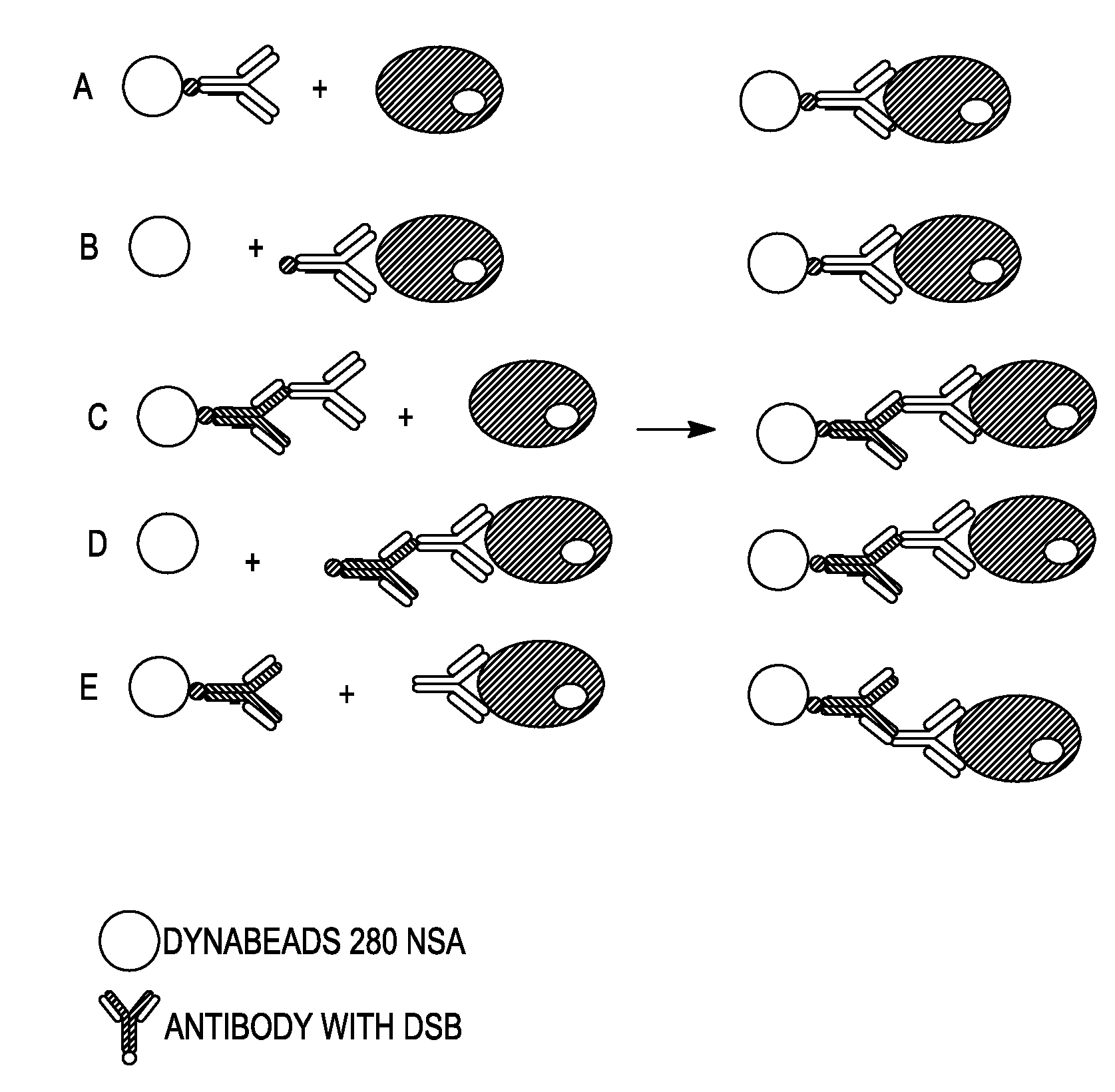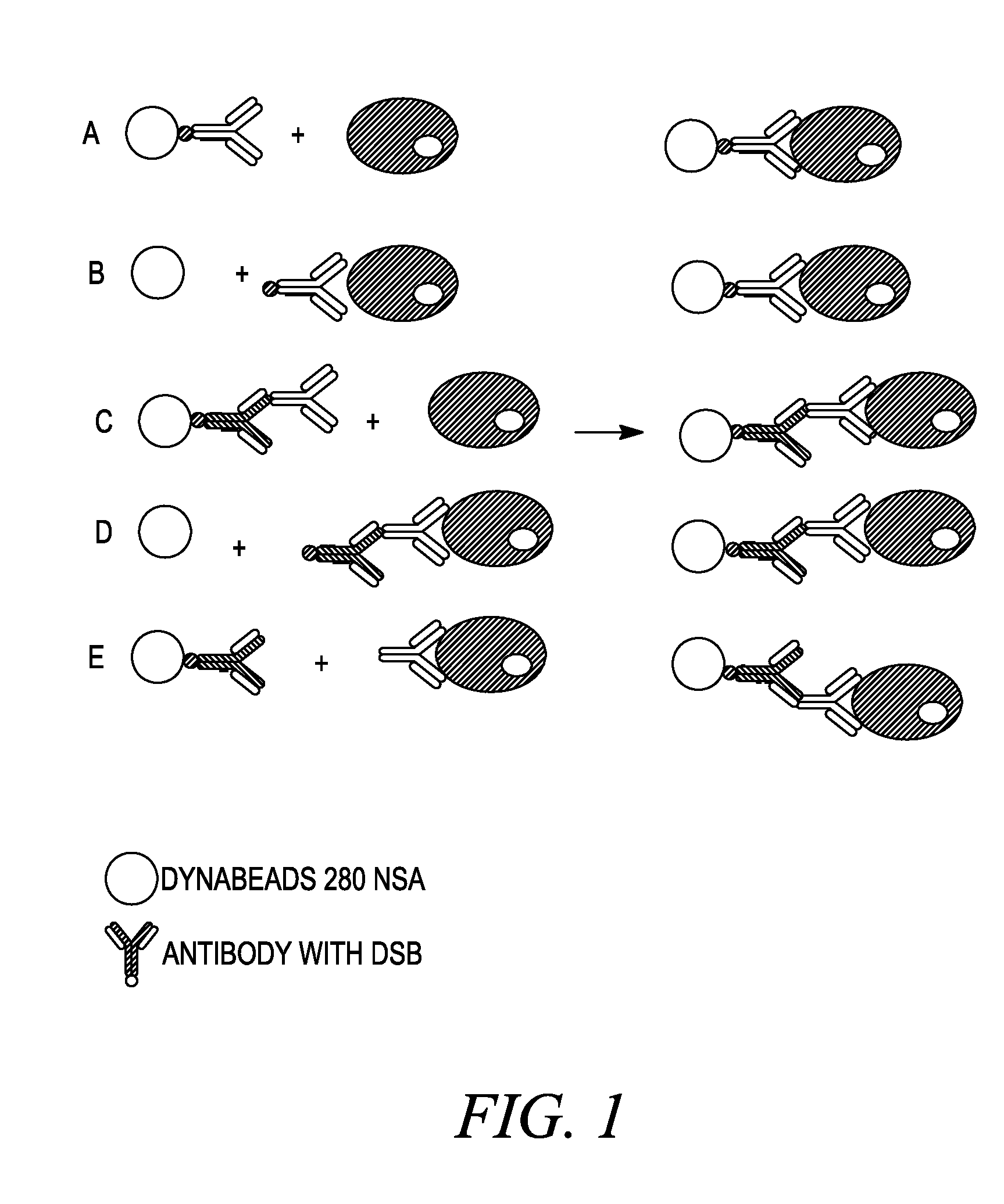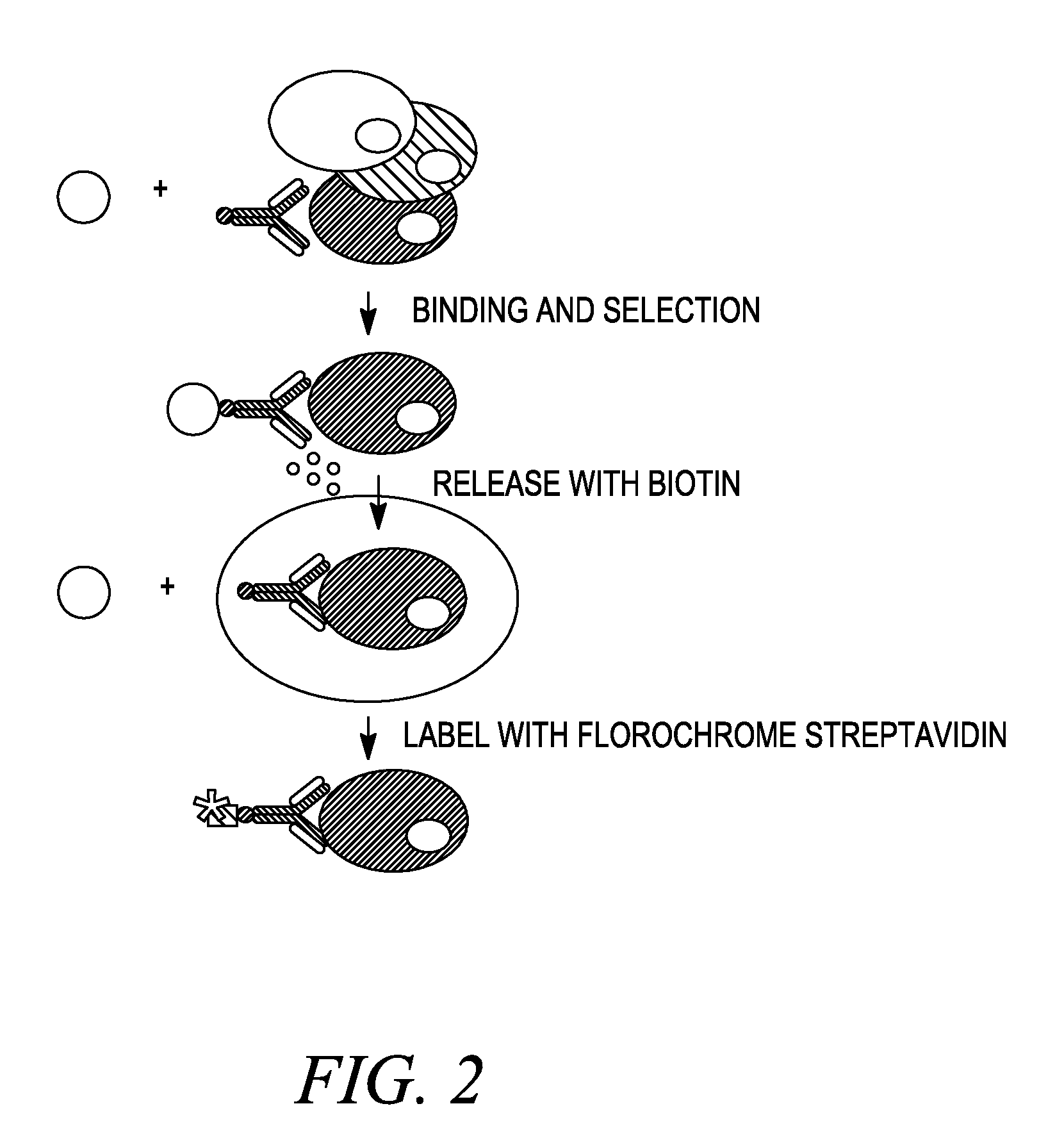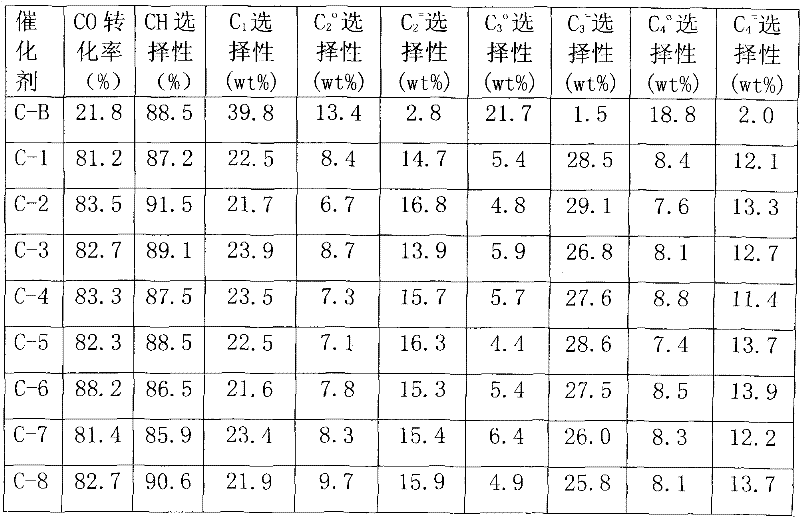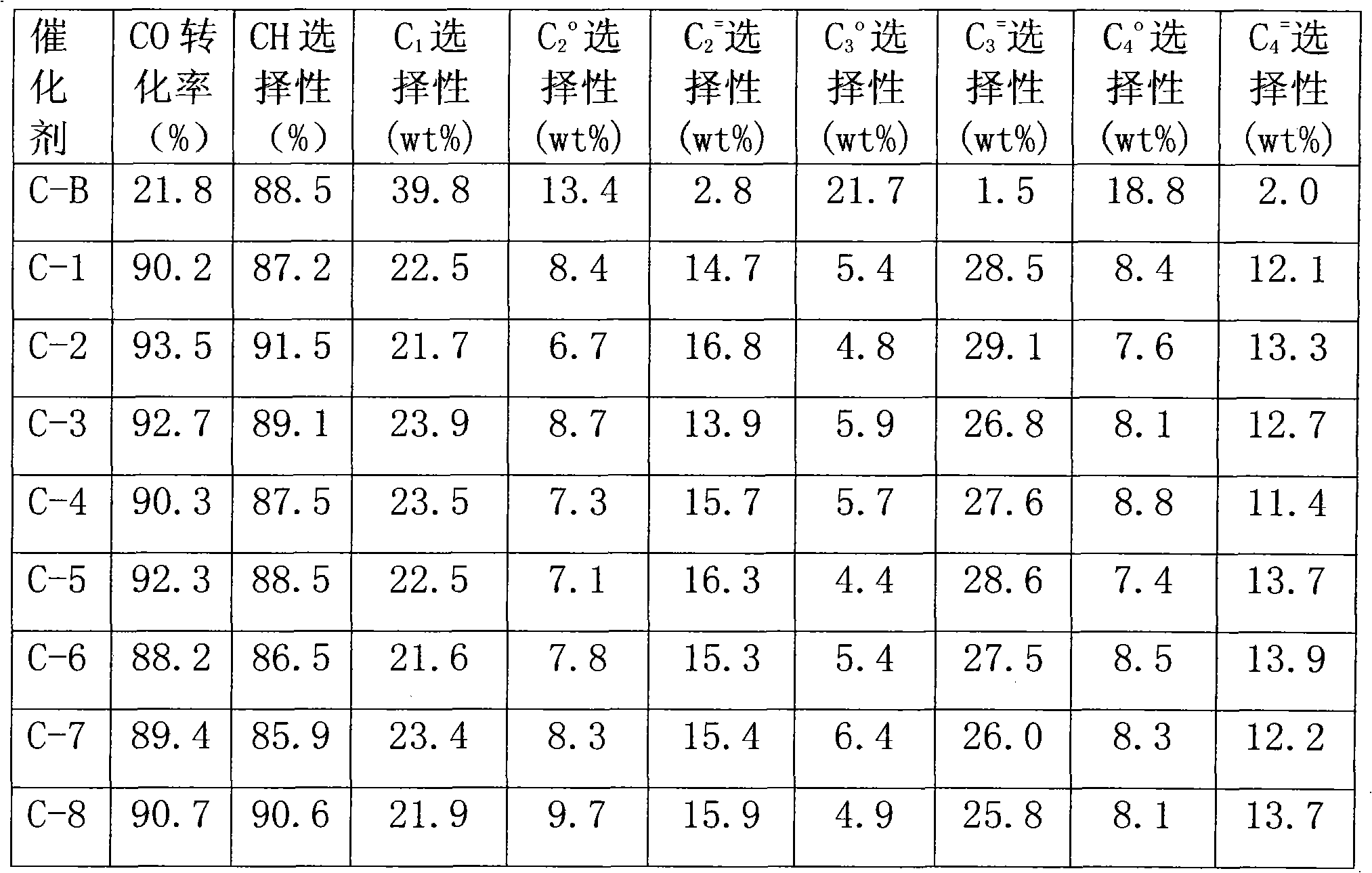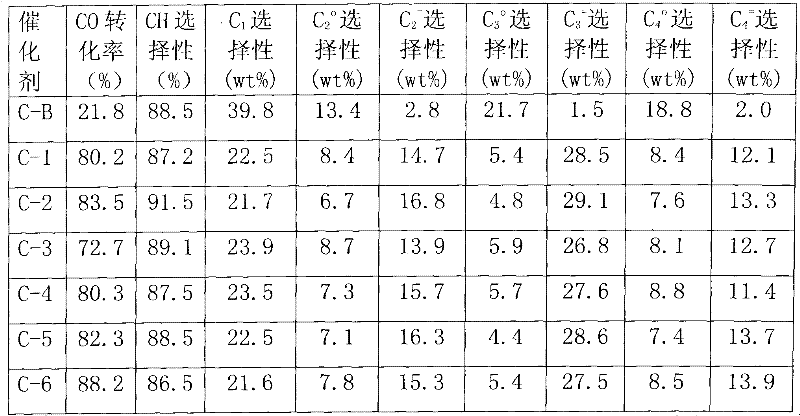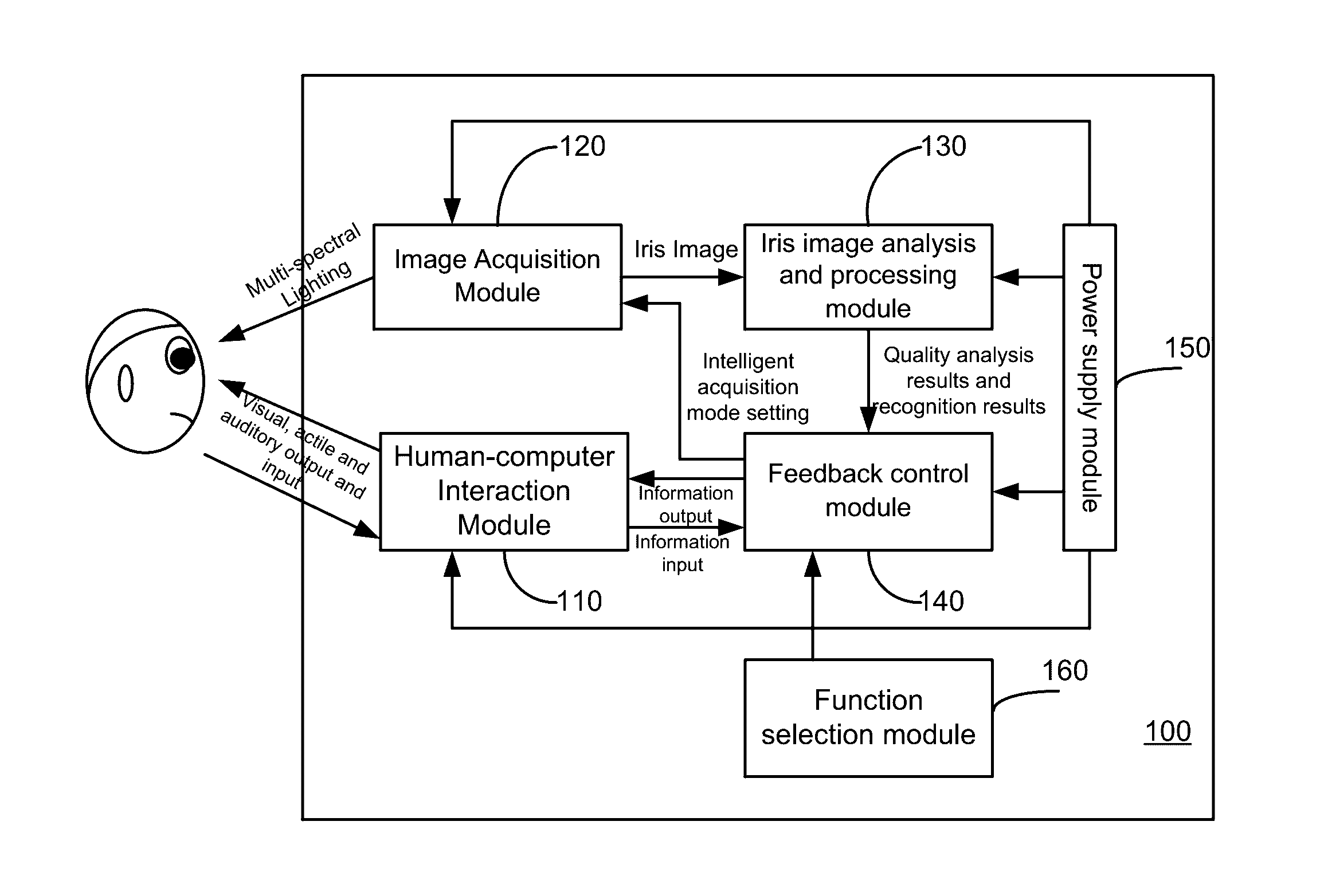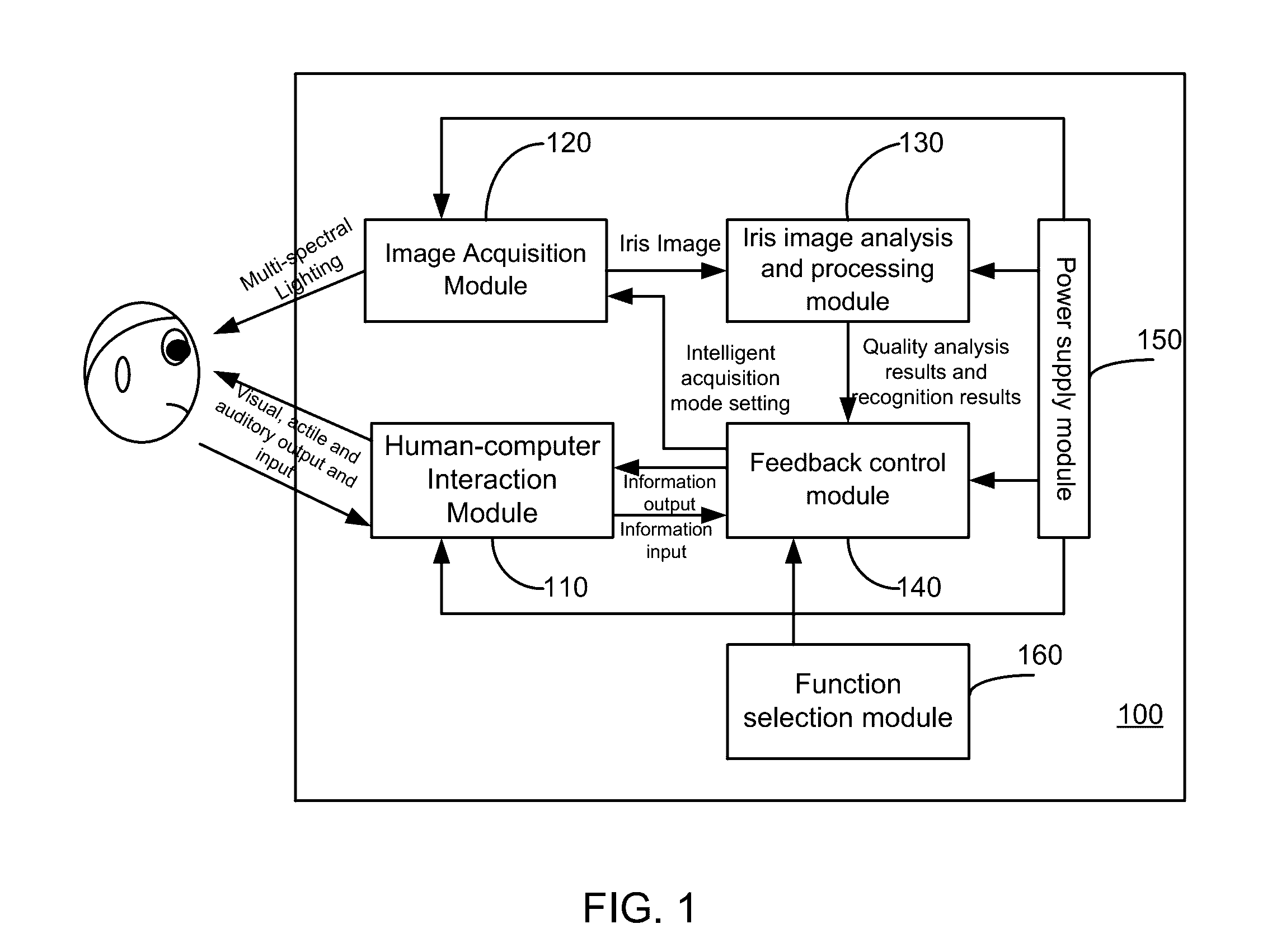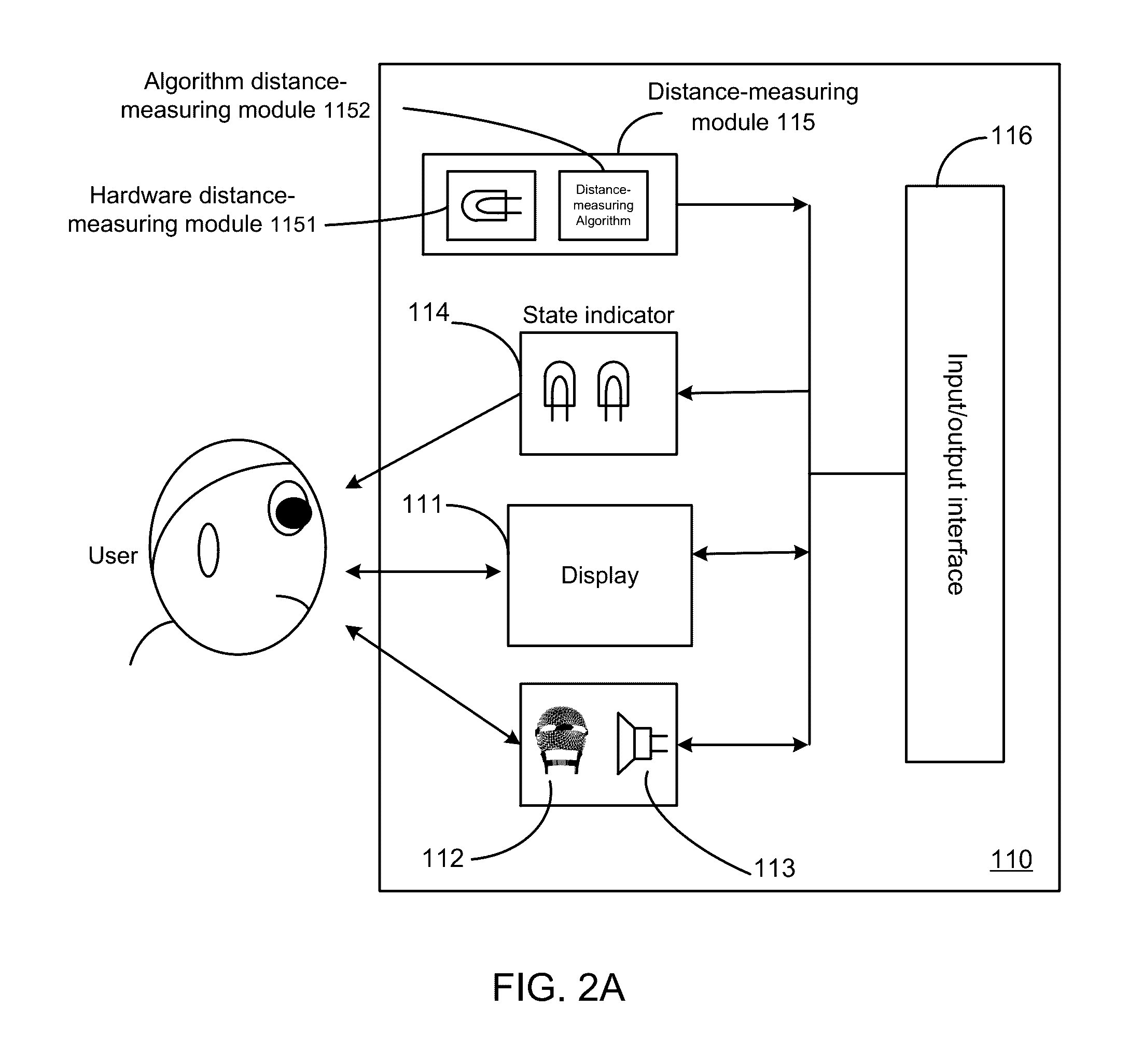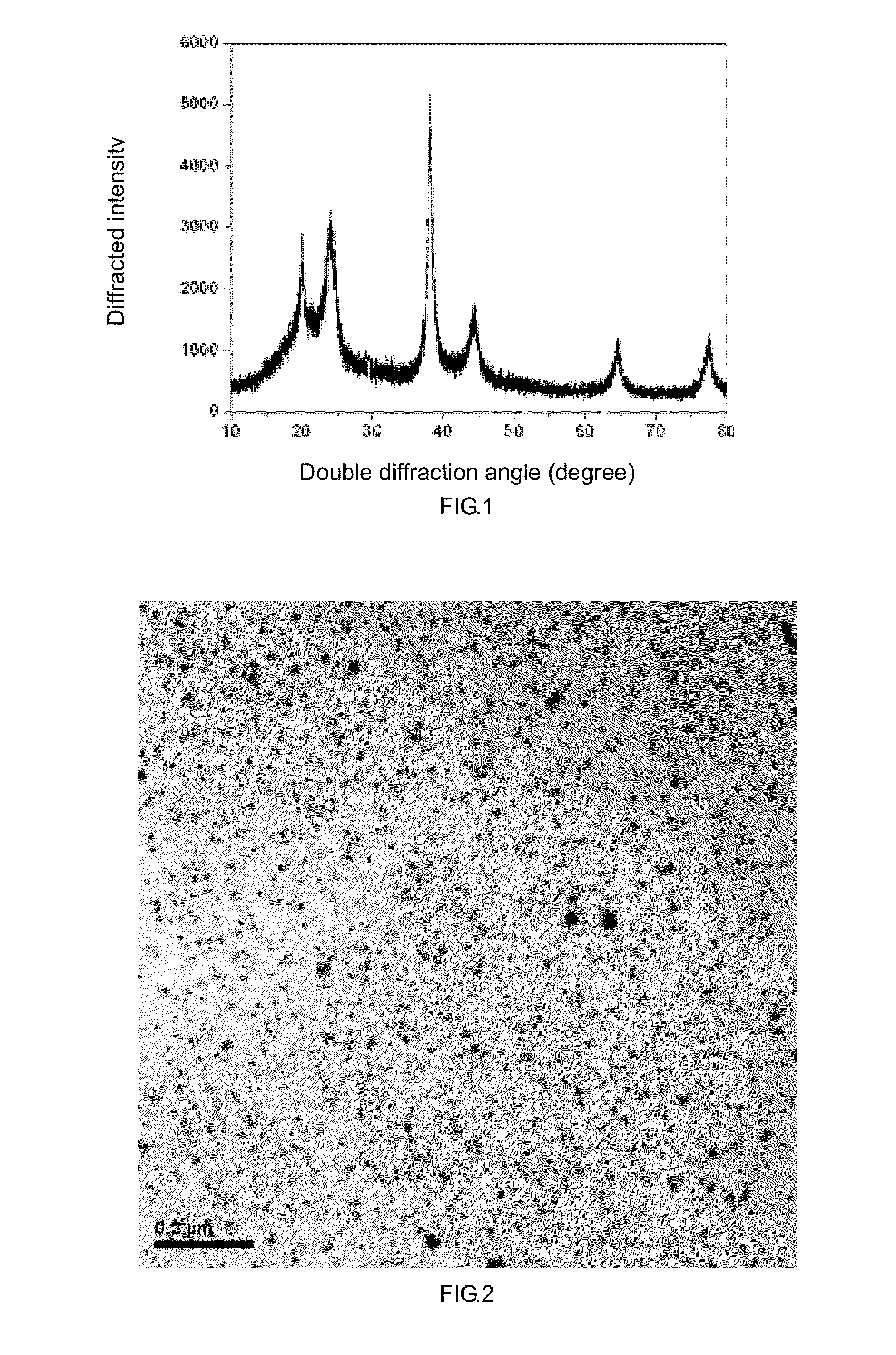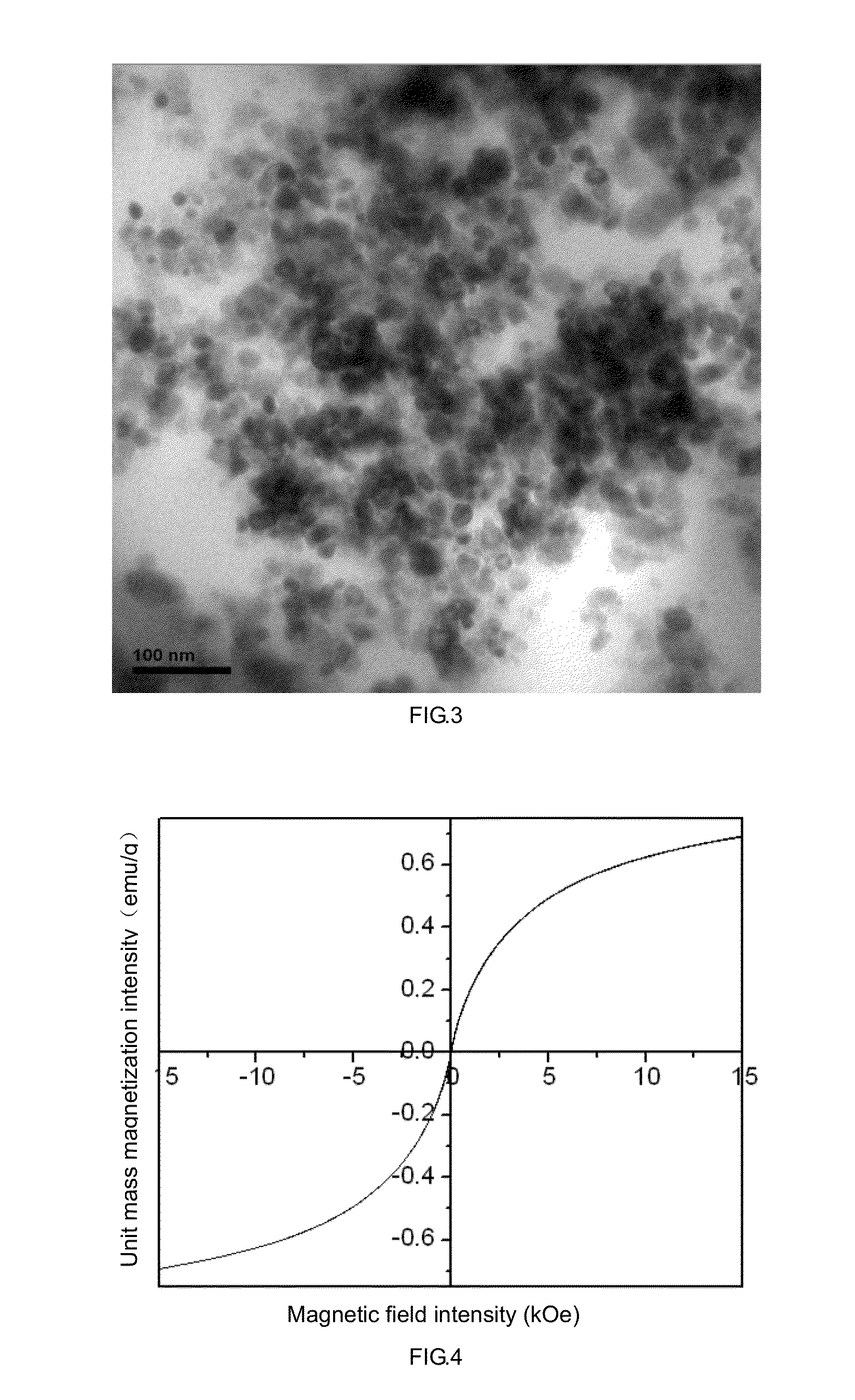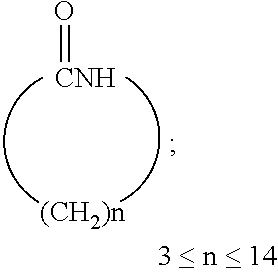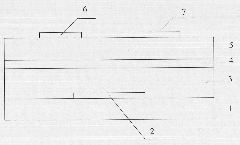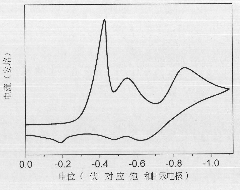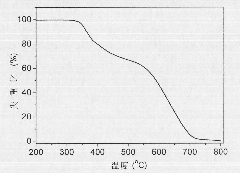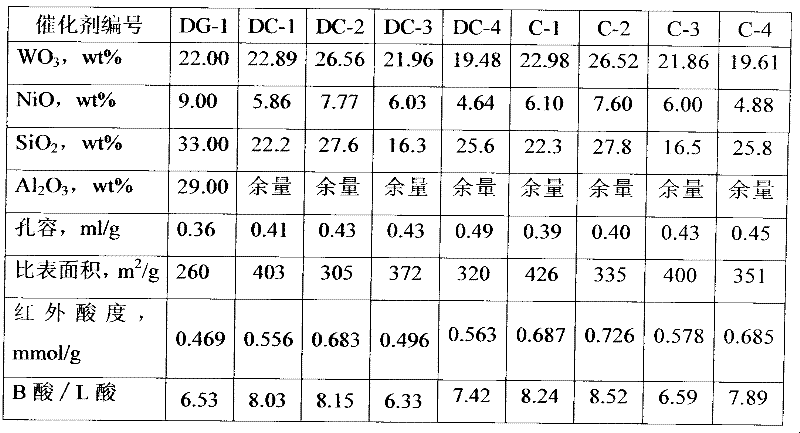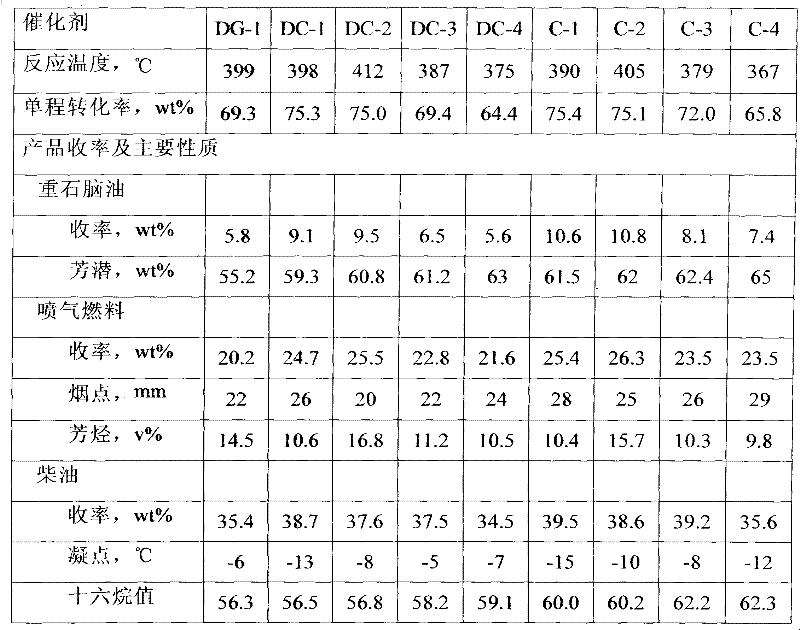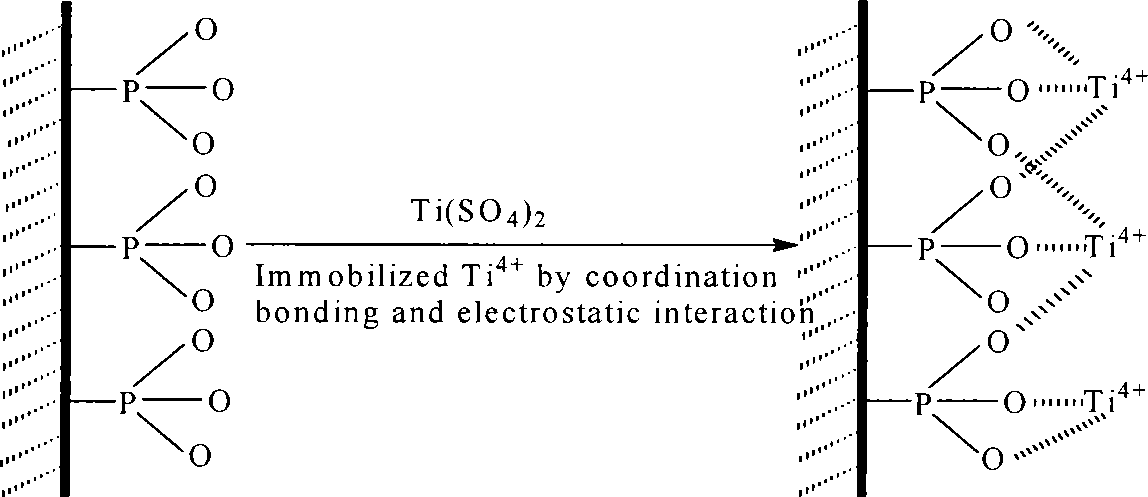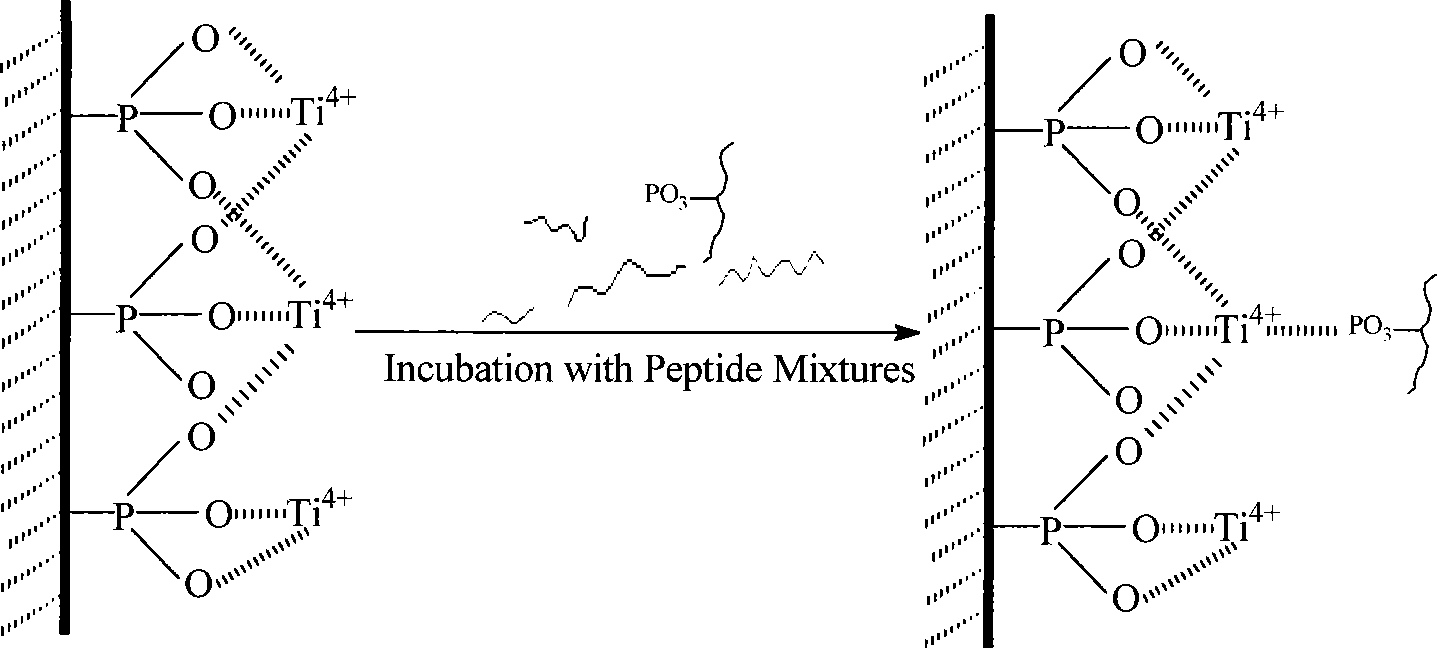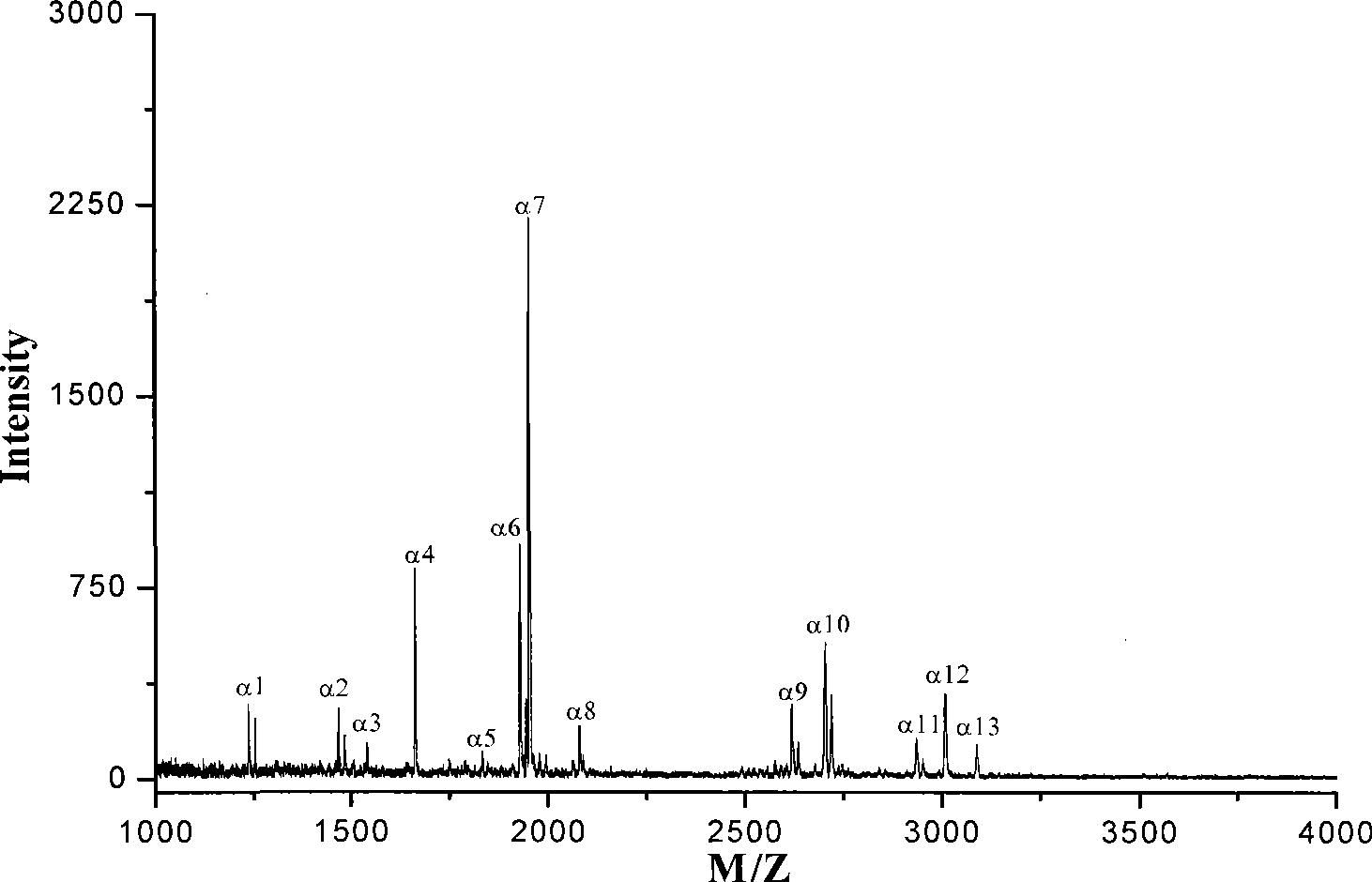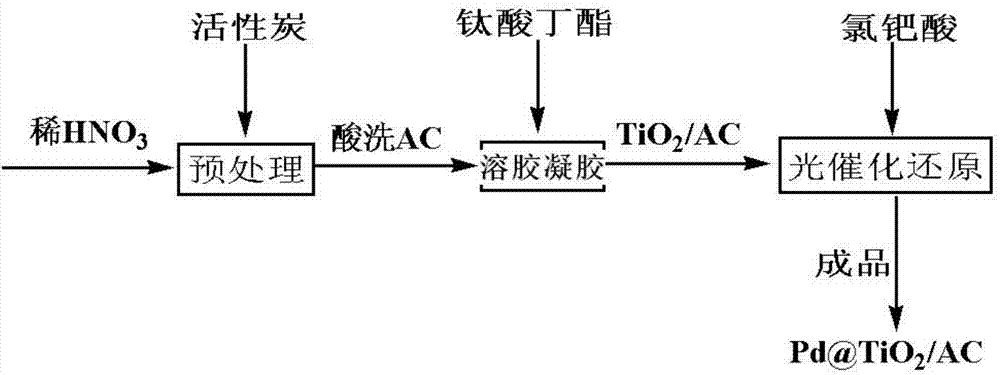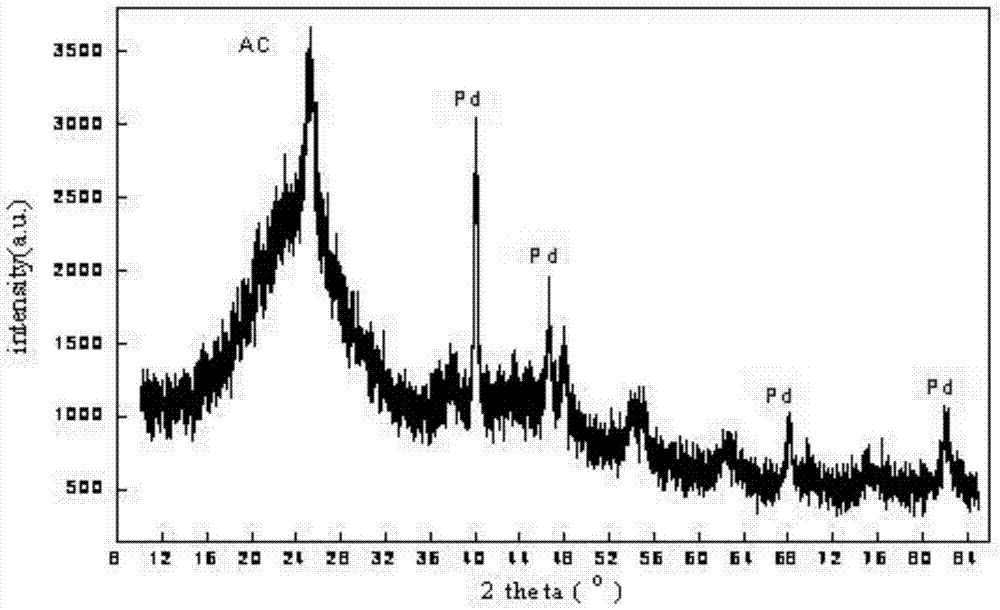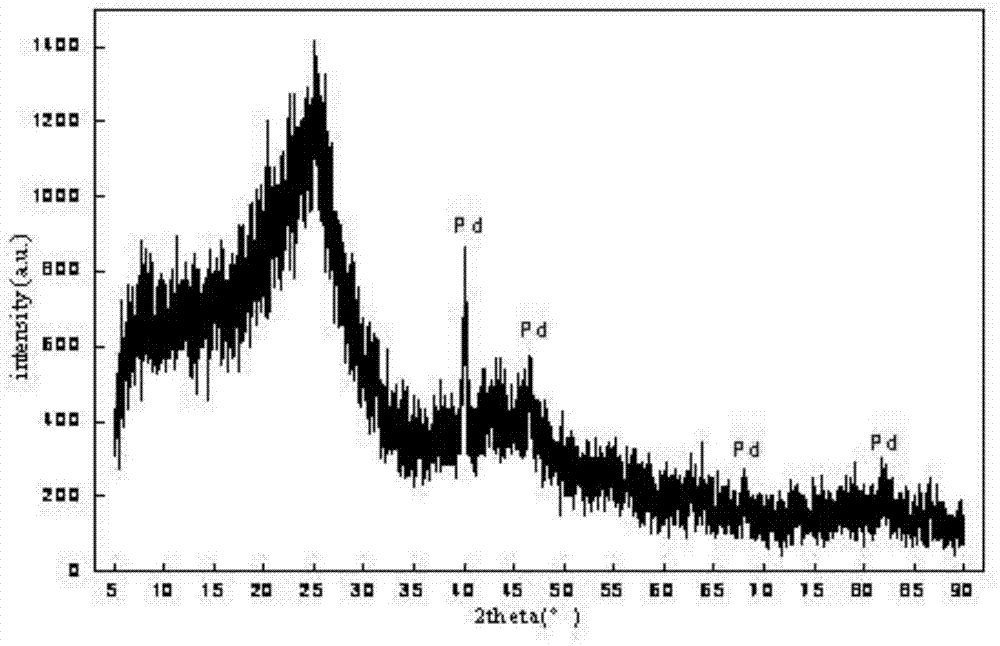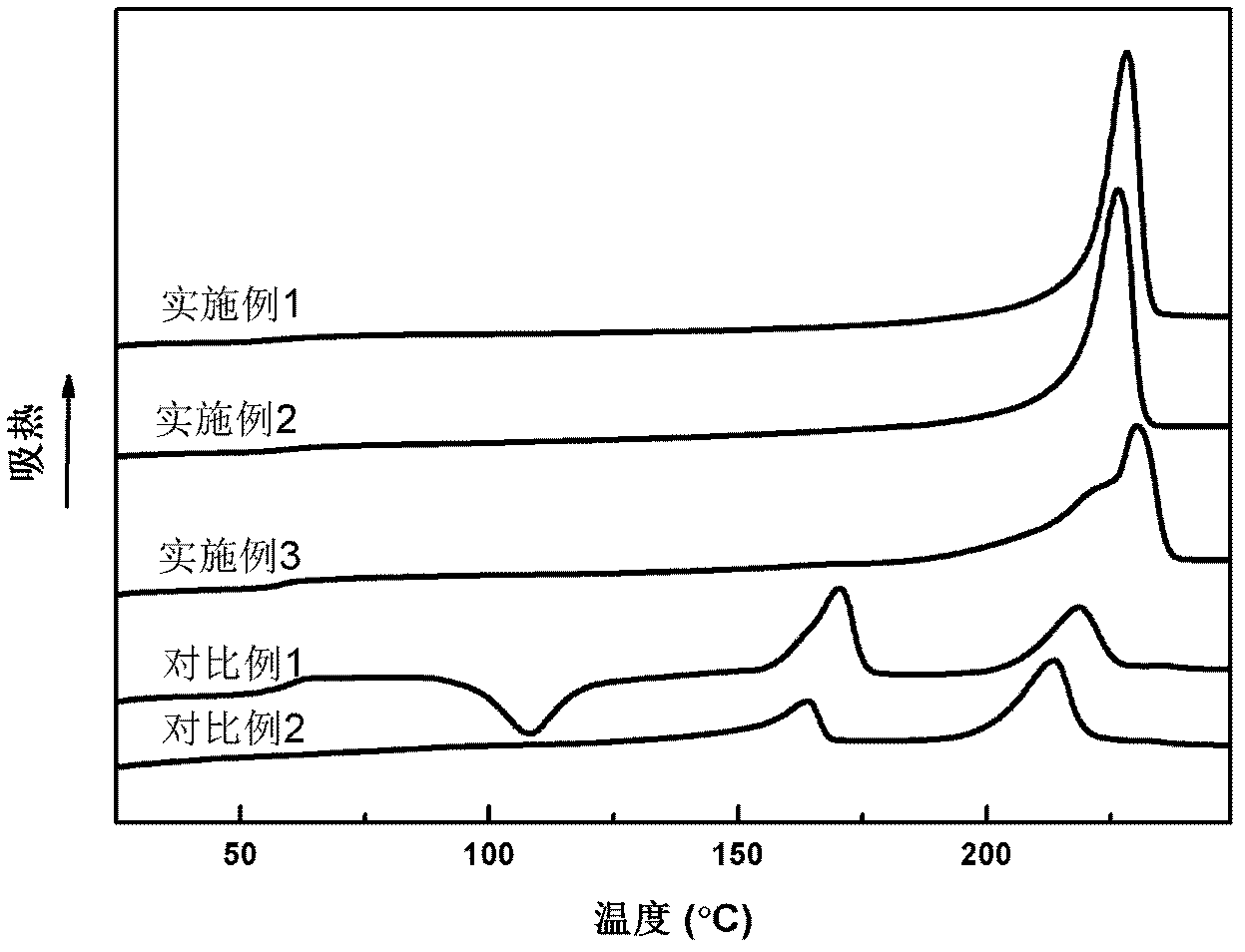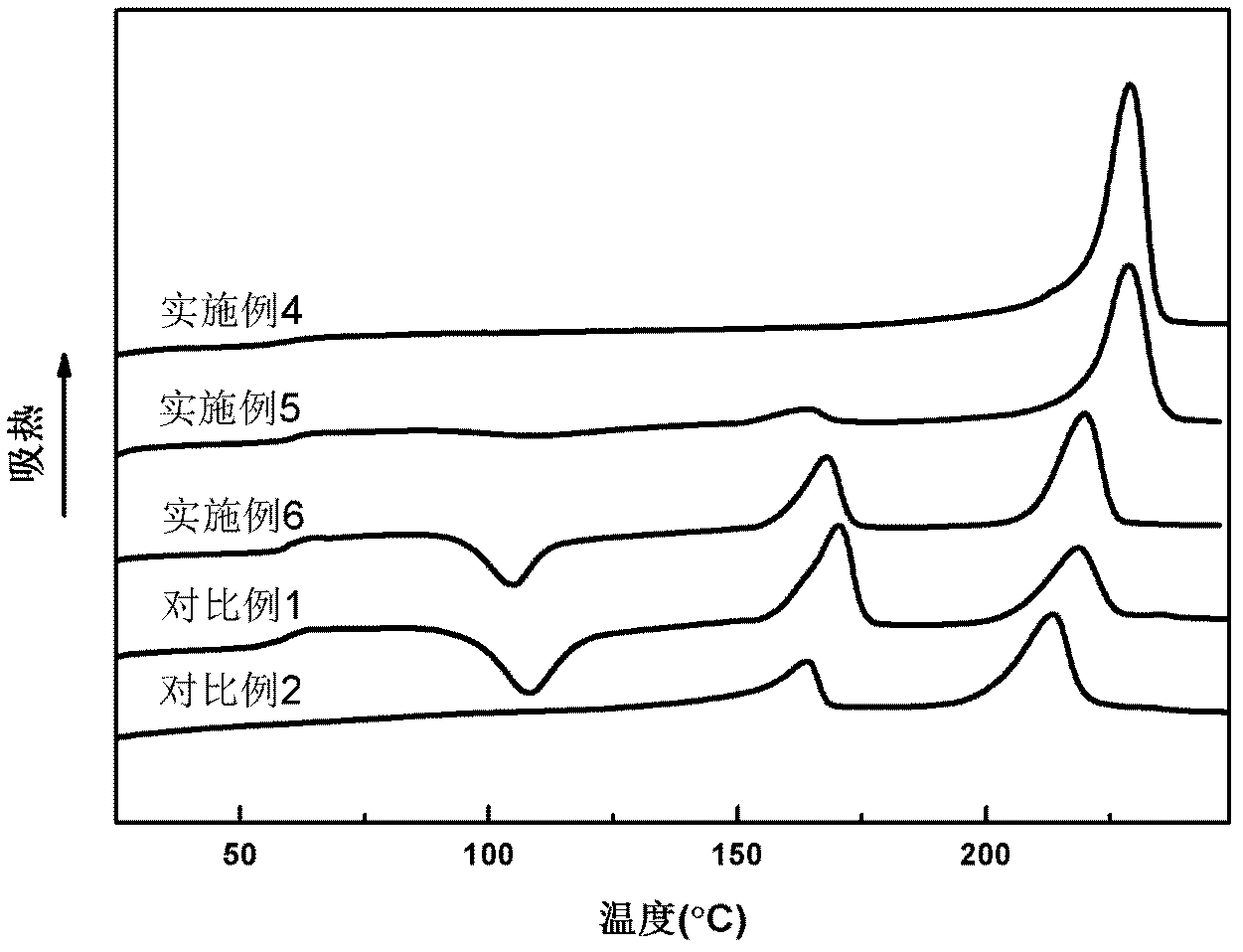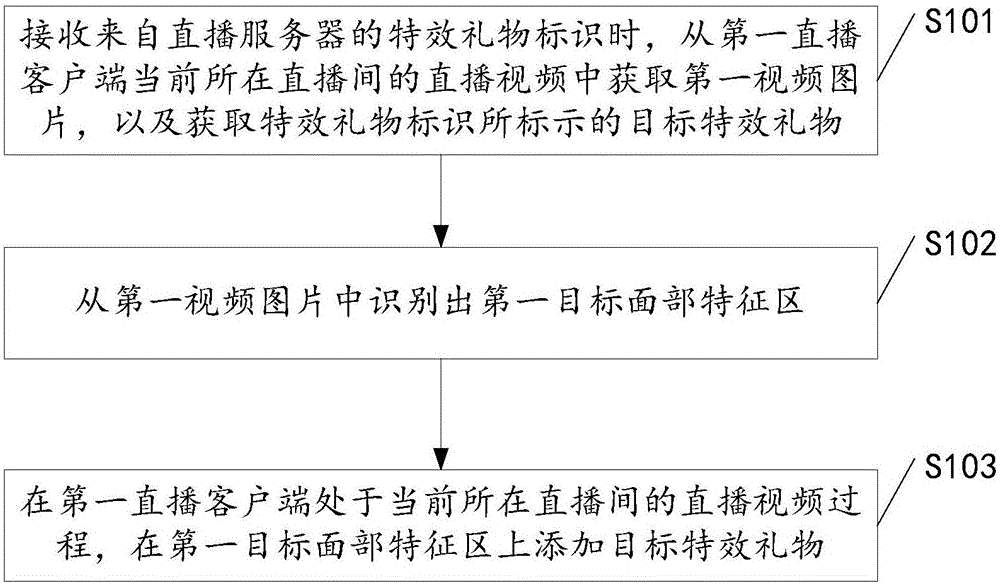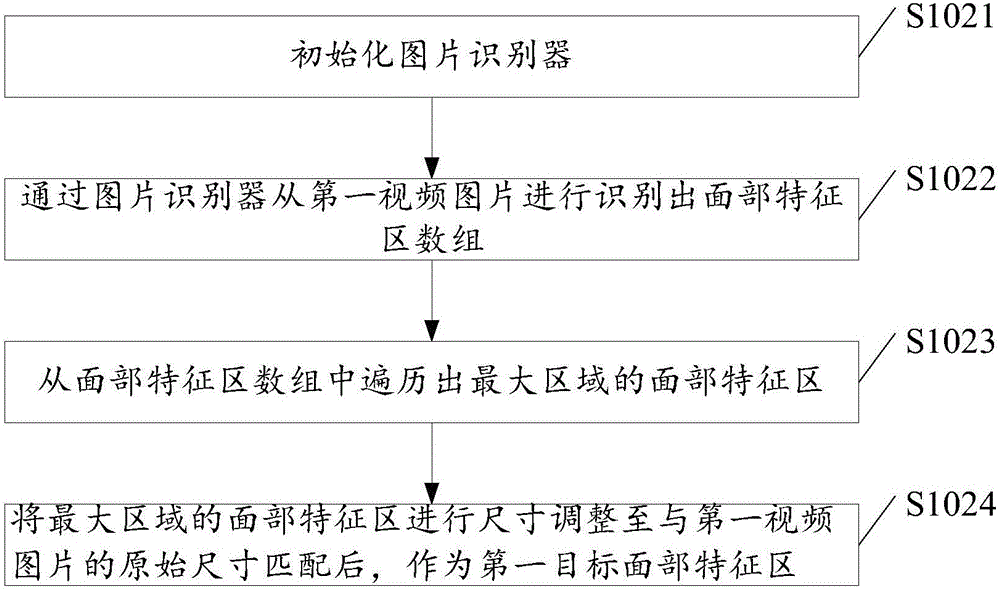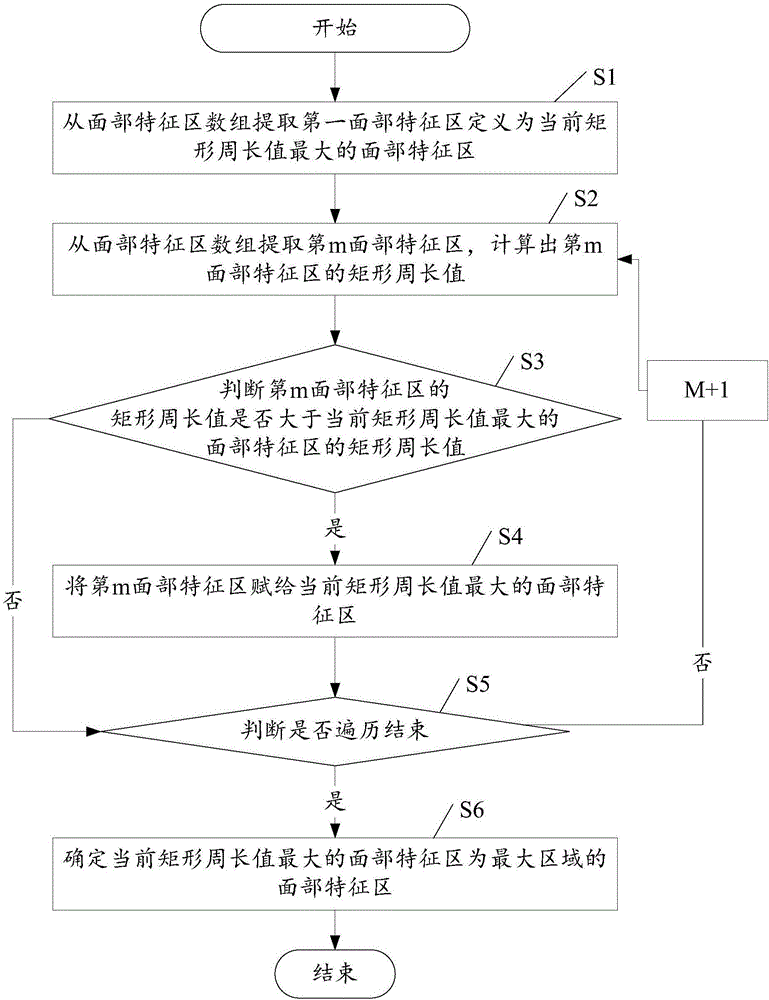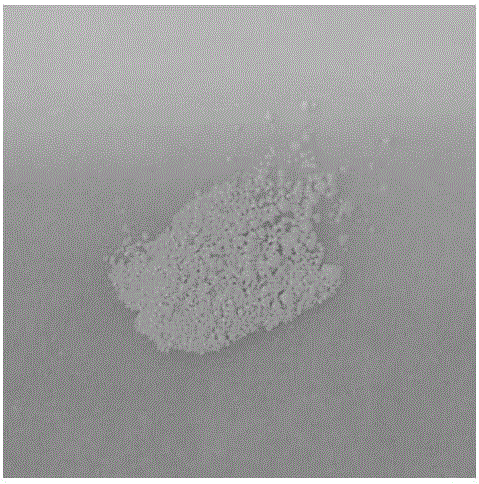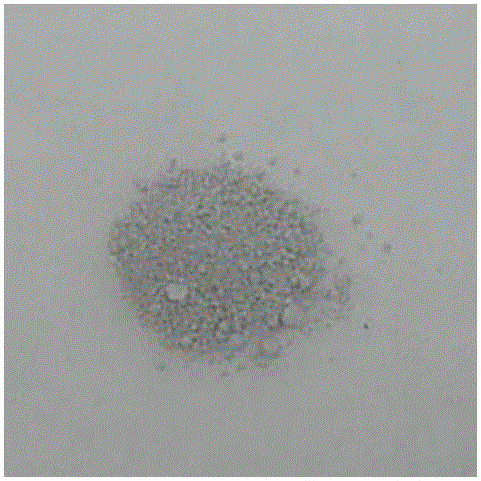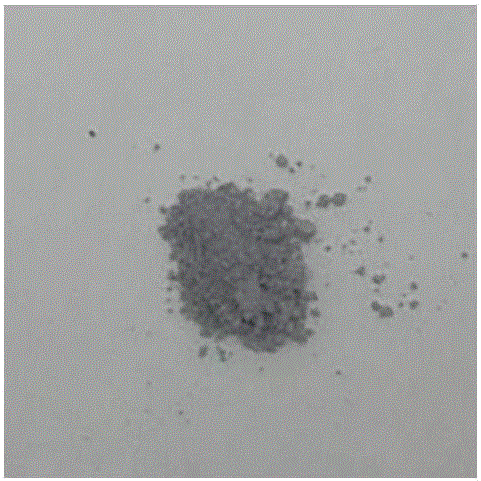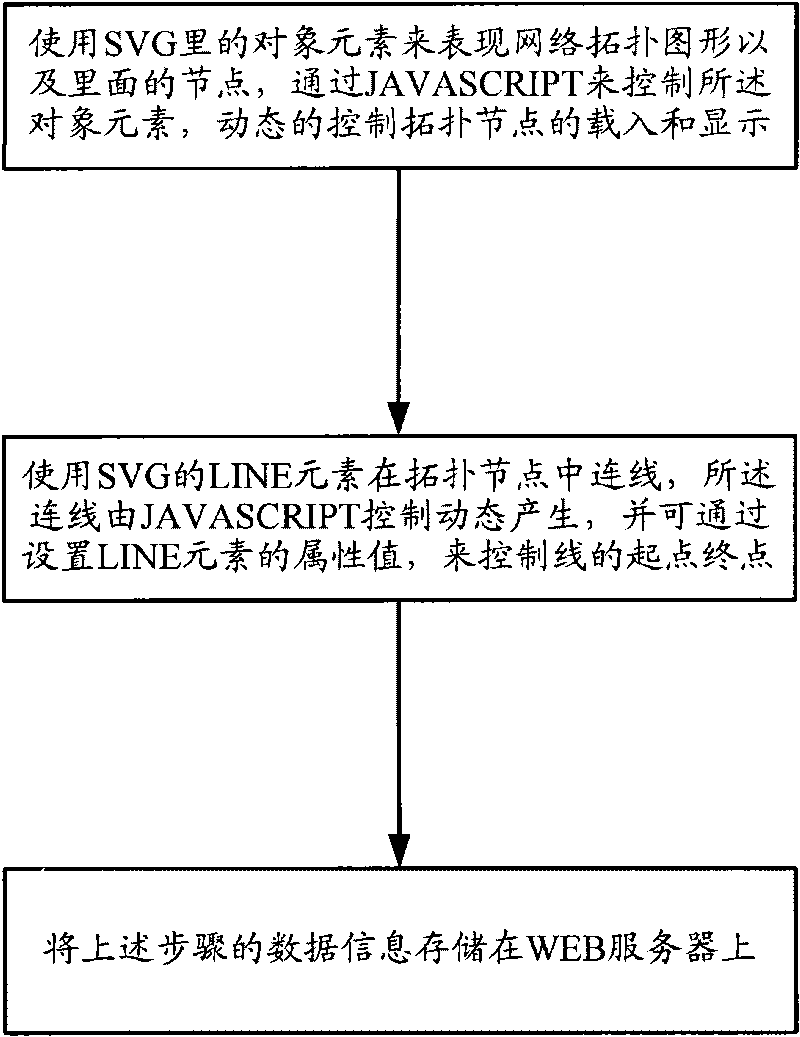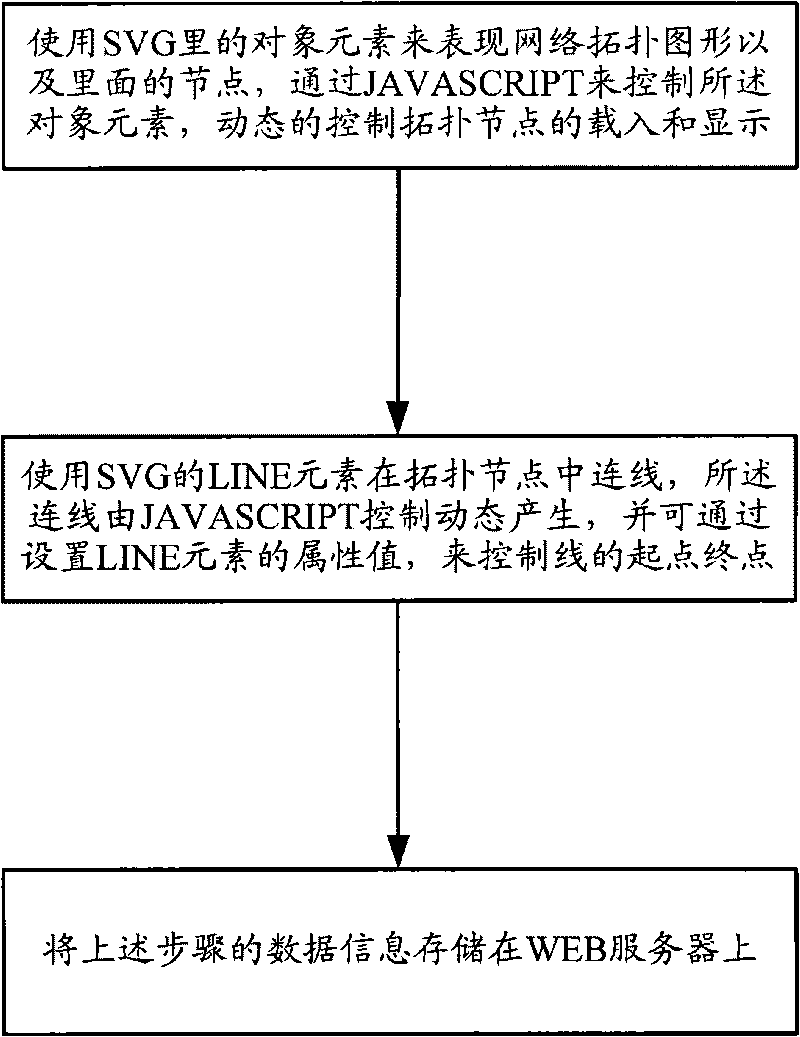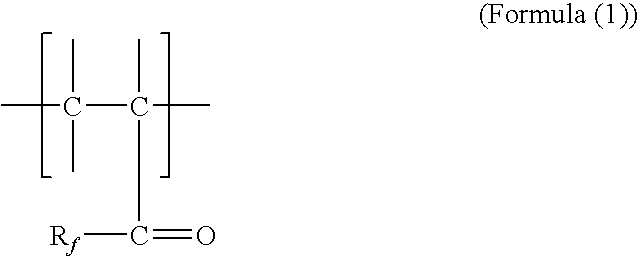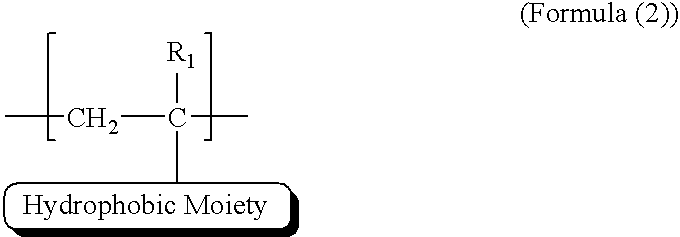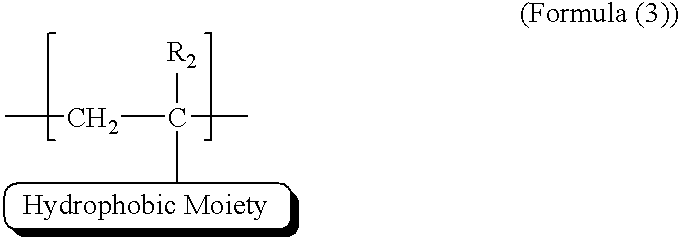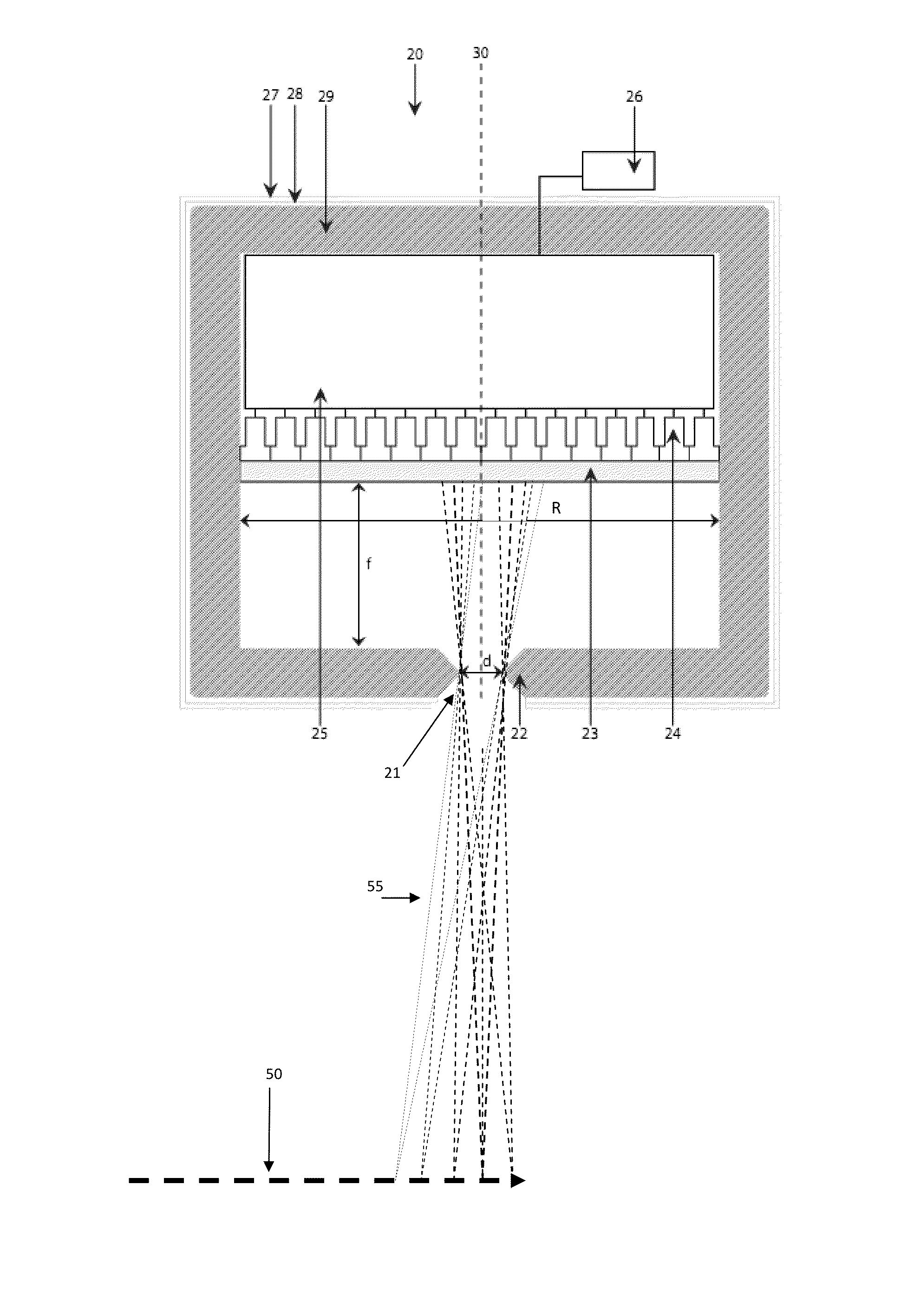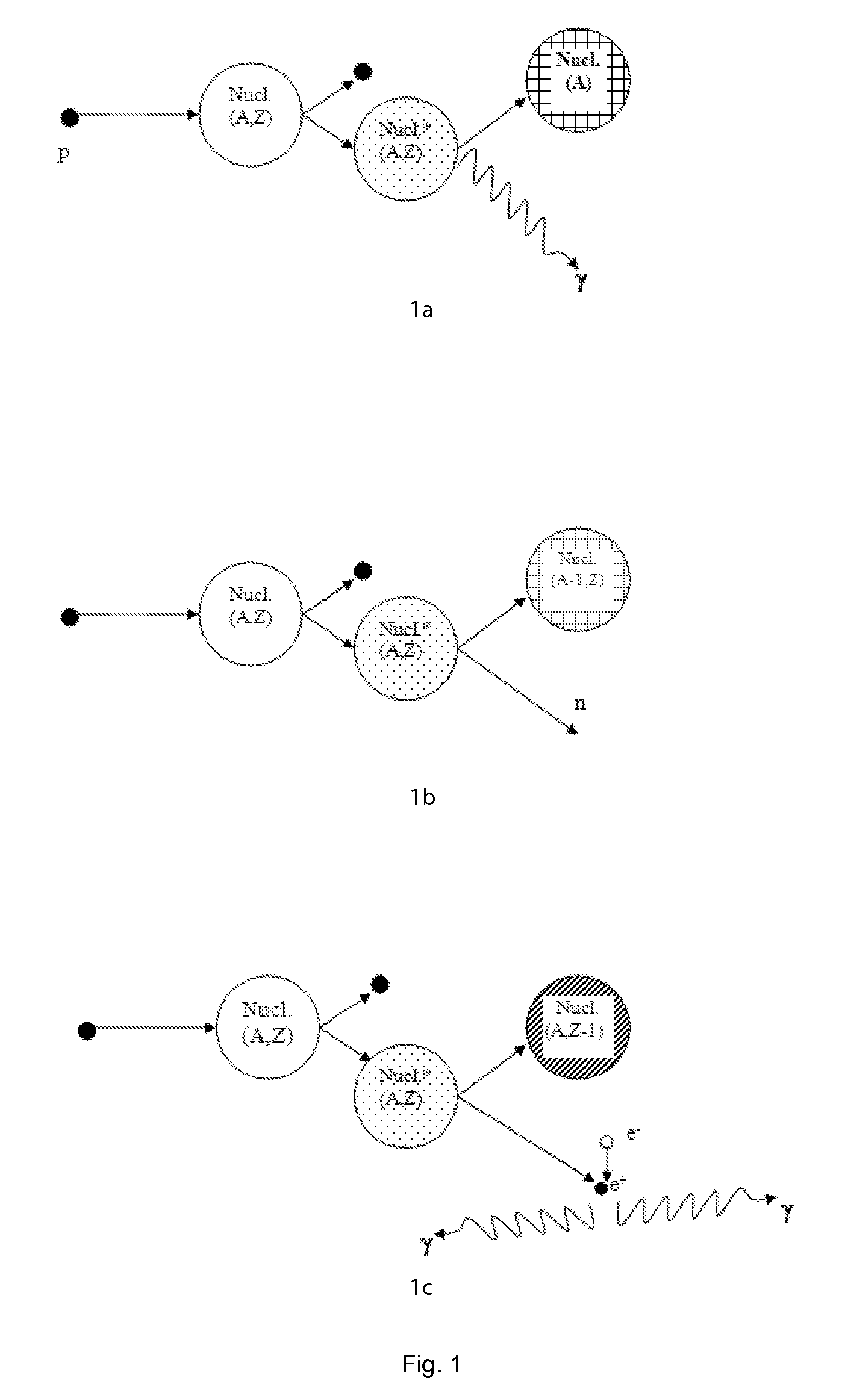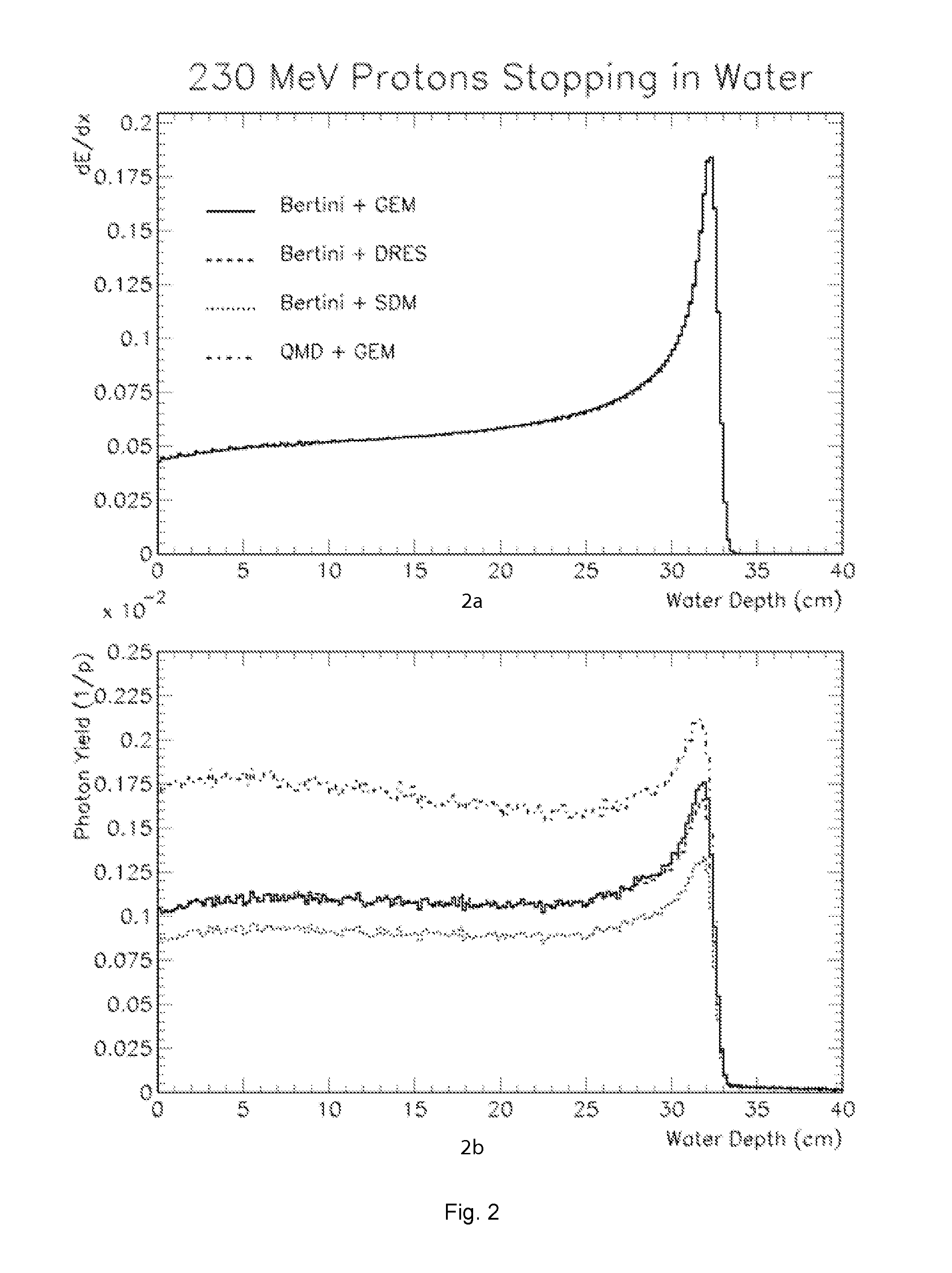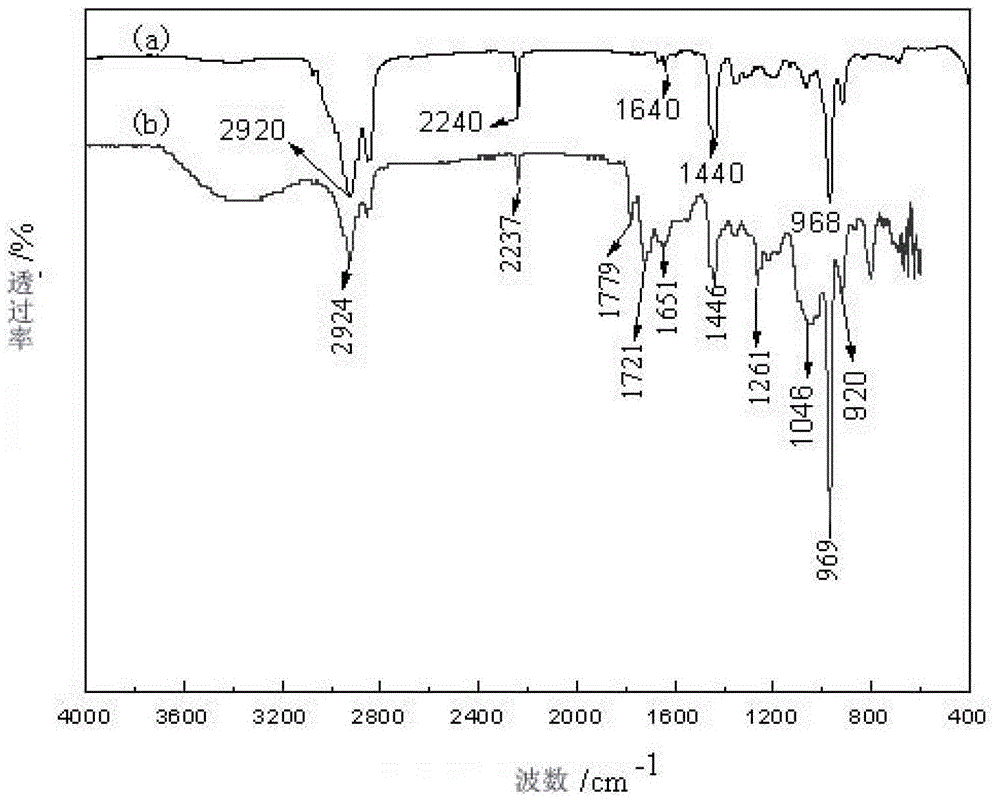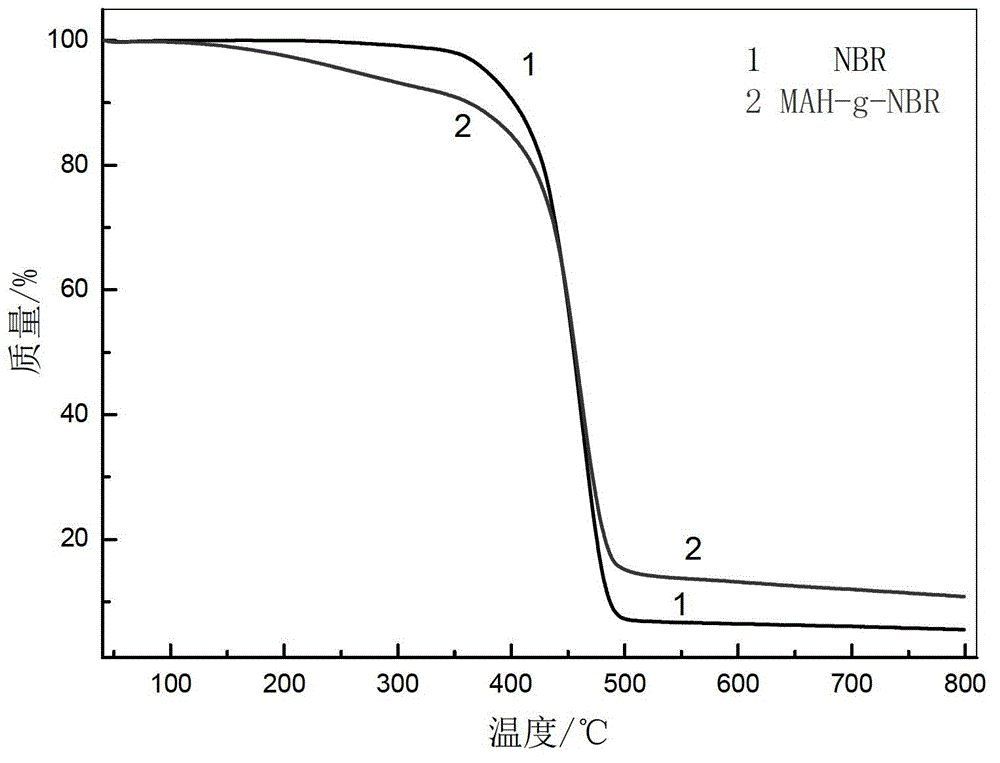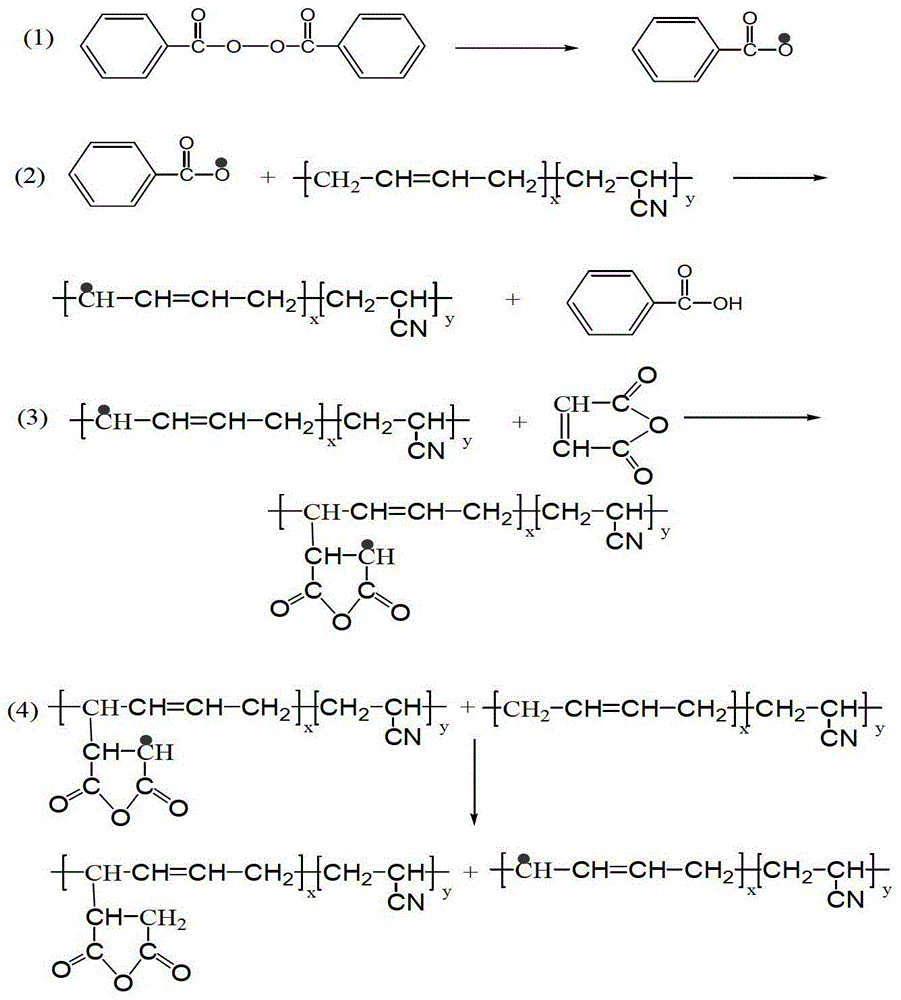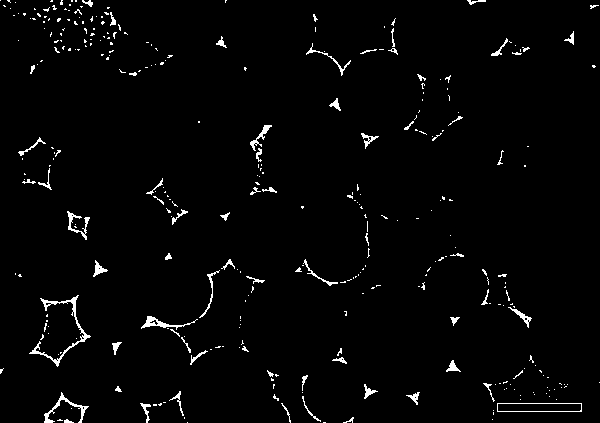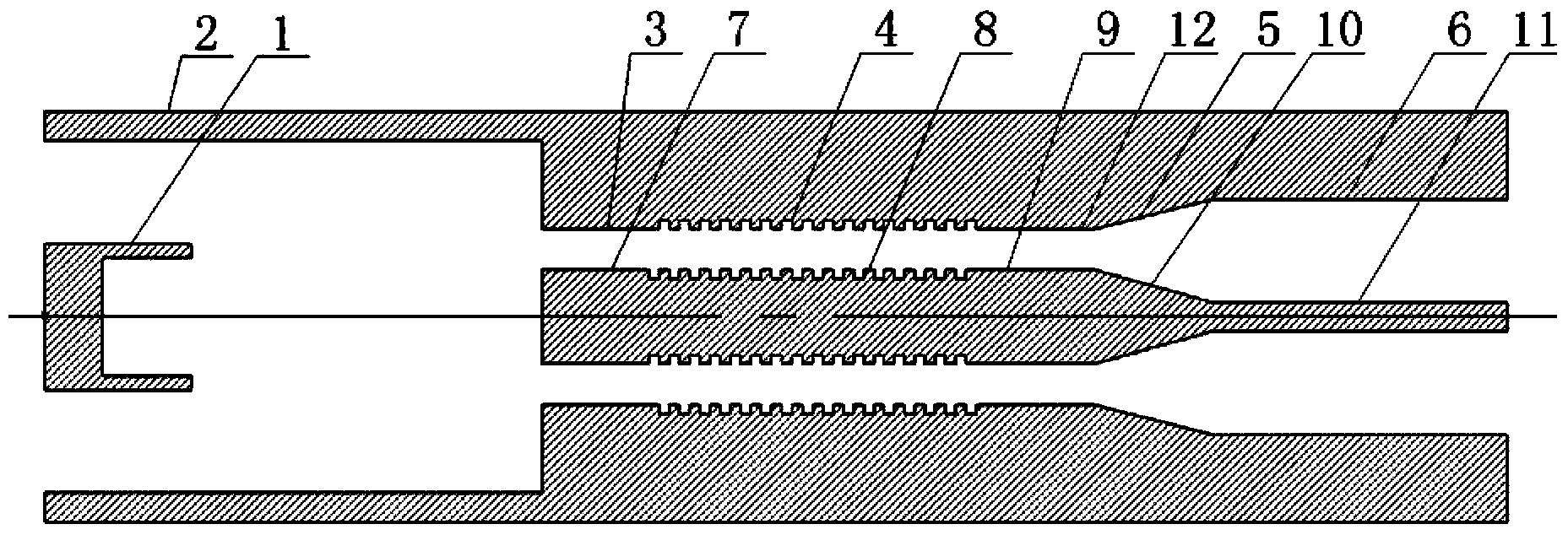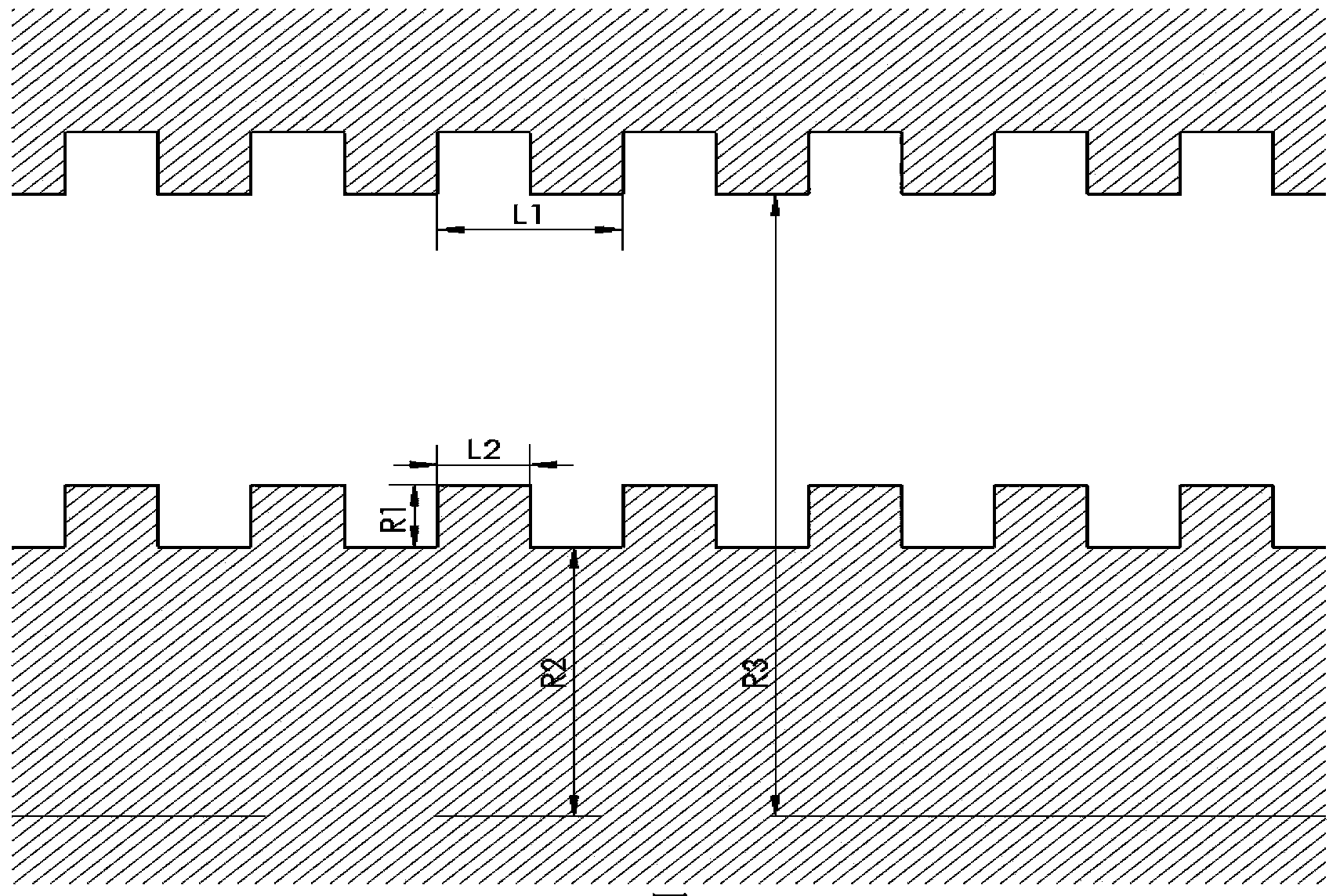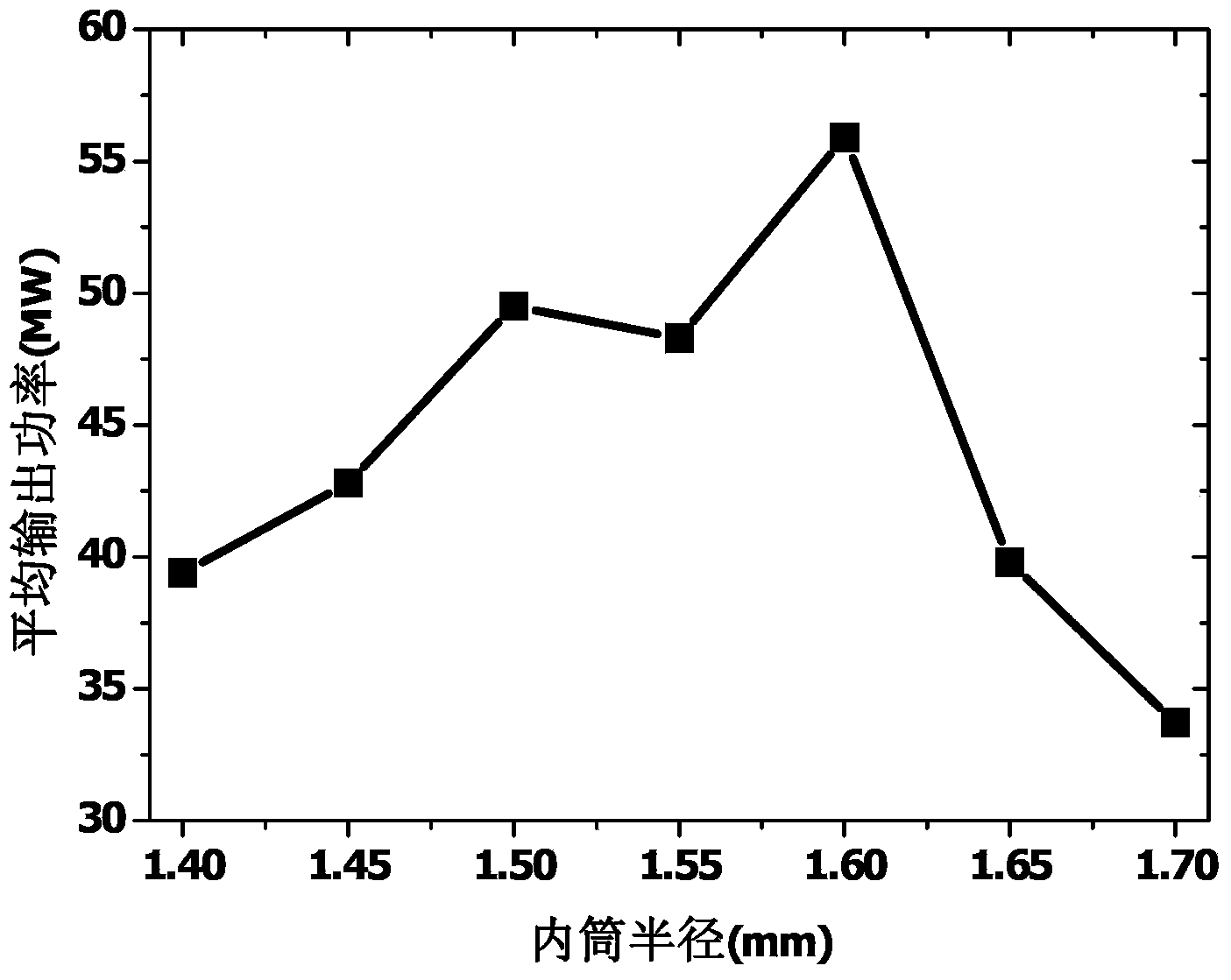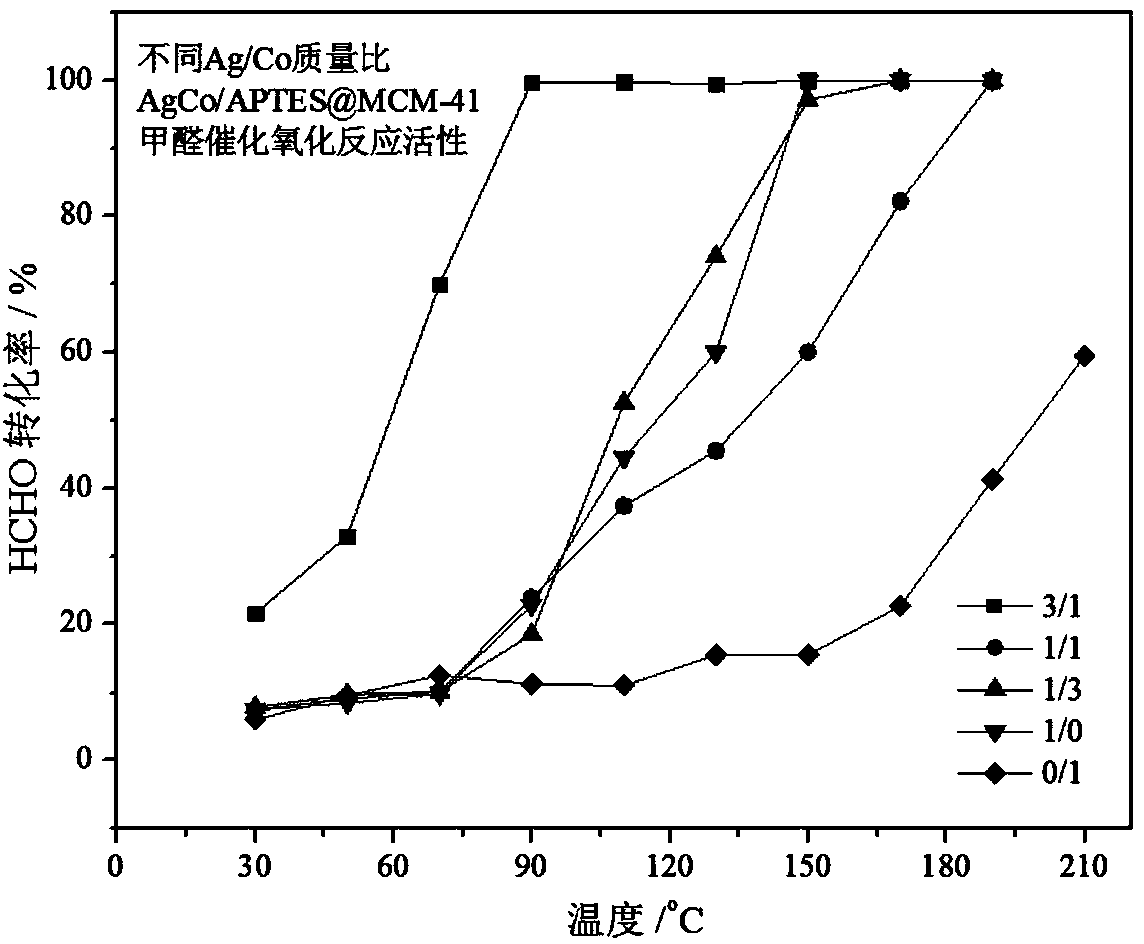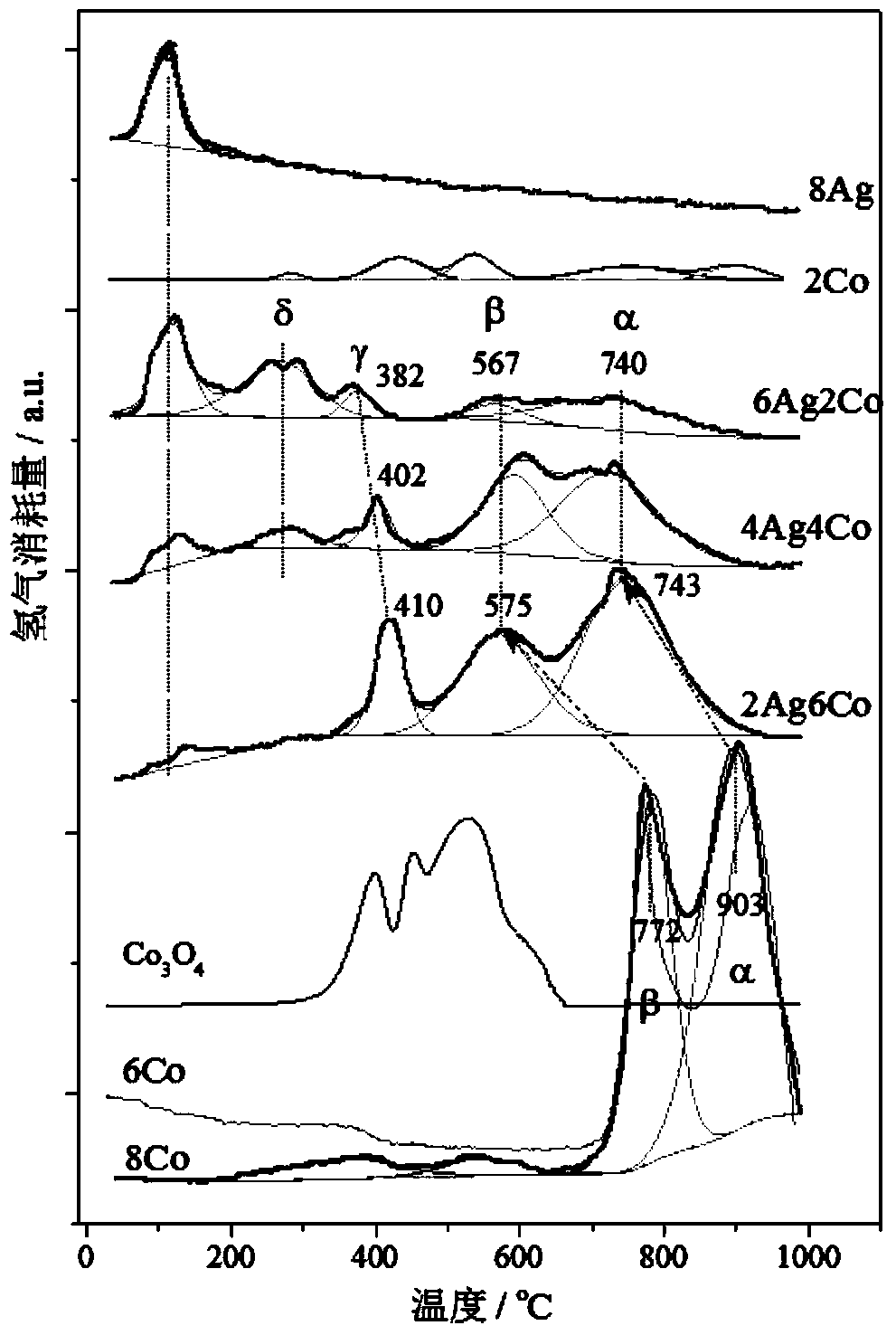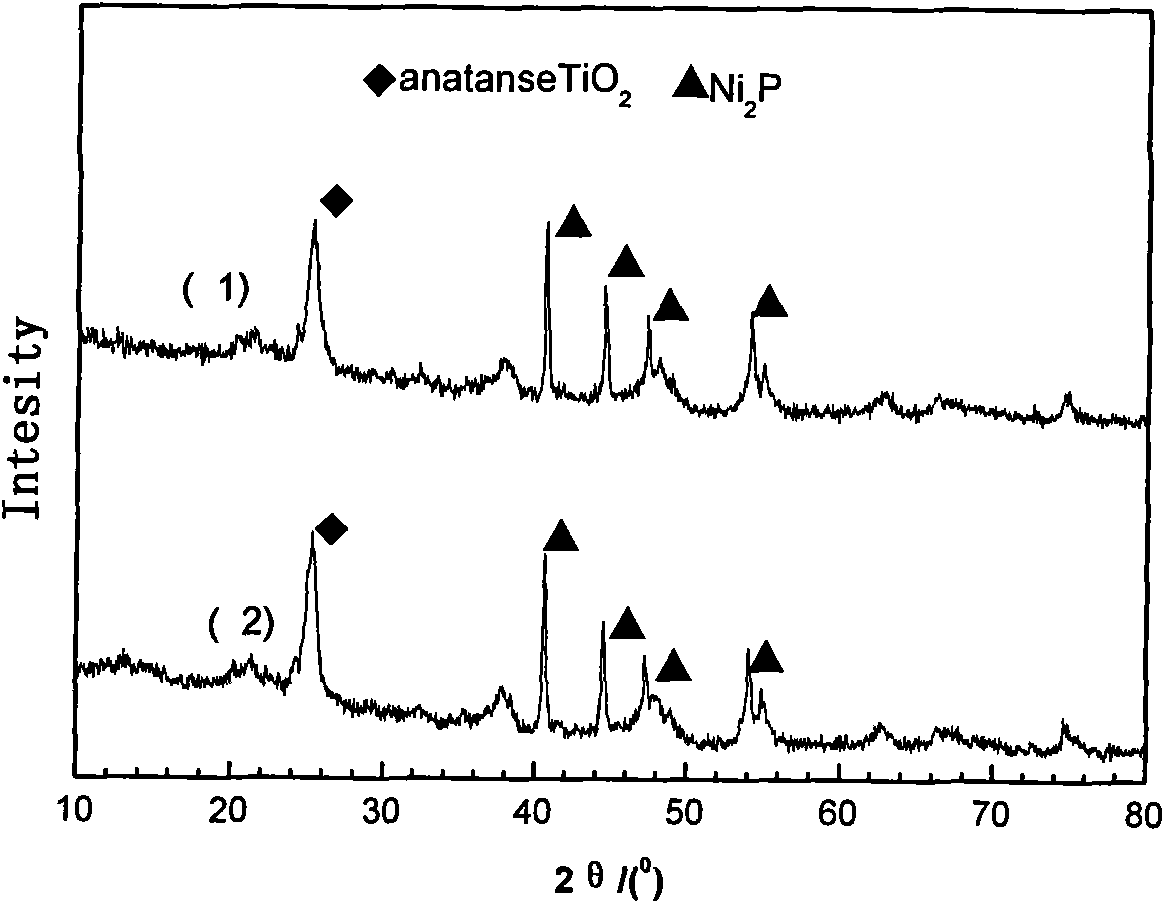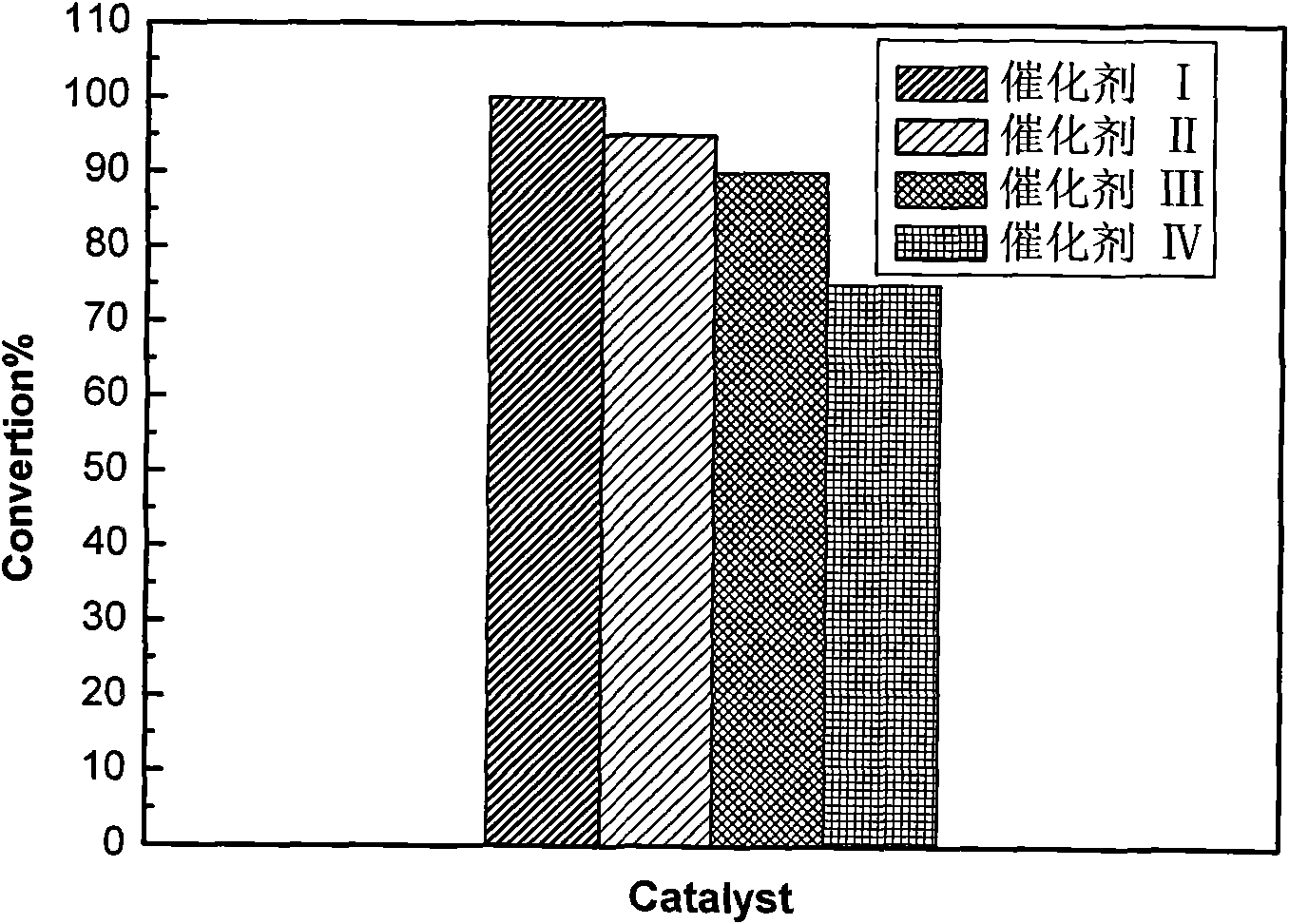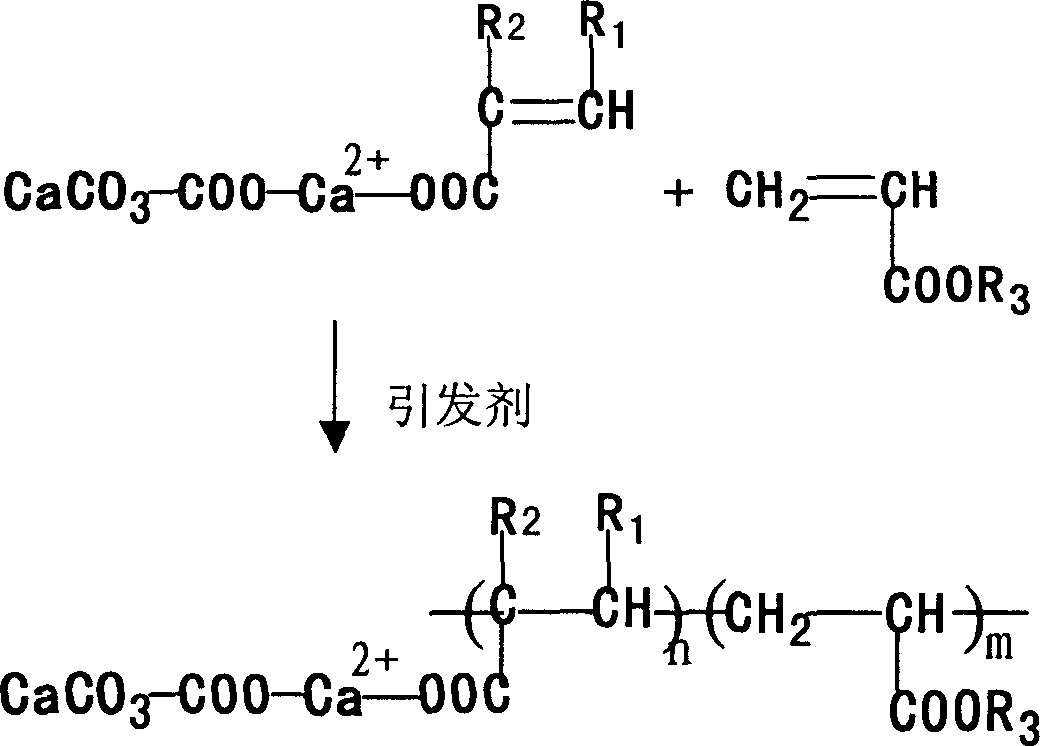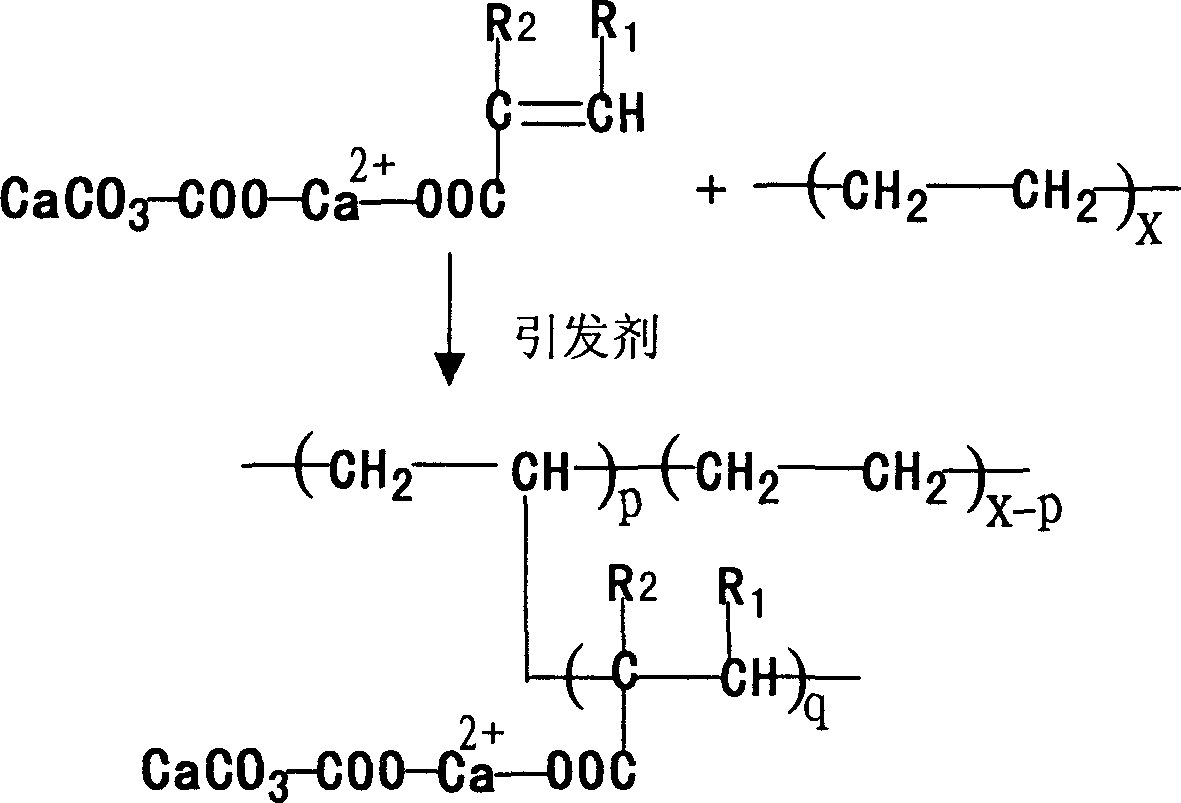Patents
Literature
430 results about "Strong interaction" patented technology
Efficacy Topic
Property
Owner
Technical Advancement
Application Domain
Technology Topic
Technology Field Word
Patent Country/Region
Patent Type
Patent Status
Application Year
Inventor
In particle physics, the strong interaction is the mechanism responsible for the strong nuclear force, and is one of the four known fundamental interactions, with the others being electromagnetism, the weak interaction, and gravitation. At the range of 10⁻¹⁵ m (1 femtometer), the strong force is approximately 137 times as strong as electromagnetism, a million times as strong as the weak interaction, and 10³⁸ (100 undecillion) times as strong as gravitation. The strong nuclear force holds most ordinary matter together because it confines quarks into hadron particles such as the proton and neutron. In addition, the strong force binds these neutrons and protons to create atomic nuclei. Most of the mass of a common proton or neutron is the result of the strong force field energy; the individual quarks provide only about 1% of the mass of a proton.
Carbon-Based Fine Structure Array, Aggregate of Carbon-Based Fine Structures, Use Thereof and Method for Preparation Thereof
ActiveUS20080095694A1Long and strong aggregateEasy alignmentMaterial nanotechnologyLayered productsFine structureStrong interaction
An aggregate of carbon-based fine structures in which a plurality of carbon-based fine structures are collected, wherein respective carbon-based fine structures are oriented in the same direction. The above aggregate of carbon-based fine structures is an aggregate of a plurality of carbon-based fine structures in a state they are pulled by one another with strong interaction, and has such a length that allows the improvement of the handleability and workability thereof.
Owner:NIPPON SANSO CORP
Method for preparing low-carbon olefine catalyst by loading iron-based synthetic gas
ActiveCN102441383AOvercoming strong interactionsHigh activityHydrocarbon from carbon oxidesMetal/metal-oxides/metal-hydroxide catalystsSilica gelSurface modification
The invention discloses a method for preparing a low-carbon olefine catalyst by a loading iron-based synthetic gas, which comprises the following steps of: firstly carrying out surface modification on a silica gel carrier by using silica gel as a carrier, and then loading a metal auxiliary agent and an active component Fe by using an immersion method, wherein the surface modification method of the silica gel carrier comprises the following step of carrying out immersion treatment by using the acidic solution of sugar. After the silica gel carrier adopted is modified, the strong interaction between the carrier and the active component is overcome, and the activity and the selectivity of the catalyst are improved. The catalyst prepared by using the method is suitable for a reaction process of producing low-carbon olefines of ethylene, propylene, butane and the like by the synthetic gas.
Owner:CHINA PETROLEUM & CHEM CORP +1
Methods of reversibly binding a biotin compound to a support
InactiveUS20080255004A1Strong interactionAvoid lengthBiomass after-treatmentElectrical/wave energy microorganism treatmentBiotin-streptavidin complexProtein target
Methods of reversal of the binding between a biotin compound and a biotin-binding compound are disclosed. A method of reversibly releasing a biotinylated moiety from a streptavidin (or avidin) coated support is shown as an example. The strong interaction between streptavidin or avidin-biotin is made much weaker by using a combination of modified streptavidin or avidin and modified biotin like desthiobiotin or a derivative thereof like DSB-X Biotin. A protein, such as an antibody may be biotinylated with the modified biotin. When this protein is isolated by binding the modified biotin to the modified streptavidin or avidin bound to an solid surface, it may be released under very gently and very rapid conditions by addition of free biotin. In contrast to proteins obtained by the prior art release methods the protein obtained using the previously available release methods, the proteins obtained using the methods disclosed herein will maintain their native conformation. Uses of the methods in various procedures including cell detachment procedures and techniques of detection, identification, determination, purification, separation and / or isolation of target proteins or nucleic acid molecules are also described.
Owner:LIFE TECH AS
Silane coupling agent modified polycarboxylate superplasticizer and preparation method thereof
The invention discloses a silane coupling agent modified polycarboxylate superplasticizer and a preparation method thereof, belonging to the field of cement additives. The preparation method comprises the following steps: adding a certain amount of acrylic acid into a polyether macromonomer solution, and stirring uniformly; adding a double bond-containing silane coupling agent; stirring the solution to a clear state and continuously stirring; adding an oxidizing agent, an initiator solution and a small monomer solution while keeping the stirring state; after the stirring, curing for 1-2h; adding liquid caustic soda for neutralization and stabilizing the pH value at 6; and adding a silane coupling agent without double bond to obtain a finished product of silane coupling agent modified polycarboxylate superplasticizer. In the invention, a functional group with a siloxane structure is introduced into the main chain of polycarboxylate molecule, and an anchoring ability in chemical bonding strong interaction with cementing material particles is provided for the branch chain of the comb-shaped polycarboxylate superplasticizer; and with the increase of the anchoring ability, the adaptability and slump loss resistance of the superplasticizer can be remarkably enhanced, and the application of the superplasticizer in the field of mineral micropowder dispersion is expanded to a certain degree.
Owner:HAINAN TAIHOO TECH CO LTD
Preparation method of catalyst in process of producing light olefins by high-activity load type iron-based synthesis gas
ActiveCN102441400AOvercoming strong interactionsHigh activityCatalyst carriersHydrocarbon from carbon oxidesActive componentHigh activity
The invention discloses a preparation method of a catalyst in a process of producing light olefins by high-activity load type iron-based synthesis gas. The preparation method comprises the steps of: with silicon gel as a carrier, firstly, carrying out surface modification on the silicon gel carrier, and then loading a metal additive and an active component Fe by adopting an immersion method, wherein an ammonium salt-containing buffer solution is adopted for immersion in the surface modification method of the silicon gel carrier. After the adopted silicon gel carrier is modified, the strong interaction function between the carrier and the active component is overcome, and the activity and the selectivity of the catalyst are improved. The catalyst prepared by adopting the preparation methodis suitable for a reaction process for producing light olefins such as ethylene, propylene, butylene and the like by using the synthesis gas.
Owner:CHINA PETROLEUM & CHEM CORP +1
Method for preparing low-carbon olefine catalyst by loading iron-based synthetic gas
ActiveCN101940958AOvercoming strong interactionsHigh activityHydrocarbon from carbon oxidesCatalyst activation/preparationActive componentSilica gel
The invention discloses a method for preparing a low-carbon olefine catalyst by a loading iron-based synthetic gas, which comprises the following steps of: firstly carrying out surface modification on a silica gel carrier by using silica gel as a carrier, and then loading a metal auxiliary agent and an active component Fe by using an immersion method, wherein the surface modification method of the silica gel carrier comprises the following step of carrying out immersion treatment by using the acidic solution of sugar. After the silica gel carrier adopted is modified, the strong interaction between the carrier and the active component is overcome, and the activity and the selectivity of the catalyst are improved. The catalyst prepared by using the method is suitable for a reaction process of producing low-carbon olefines of ethylene, propylene, butane and the like by the synthetic gas.
Owner:CHINA PETROLEUM & CHEM CORP +1
Method for preparing low-carbon olefin catalyst by high-activity-stability carrier-type iron-based synthetic gas
ActiveCN102441384AHigh activityHigh selectivityHydrocarbon from carbon oxidesCatalyst activation/preparationWater vaporActive component
The invention discloses a method for preparing a low-carbon olefin catalyst by high-activity-stability carrier-type iron-based synthetic gas. Silica gel is taken as a carrier, and a metal promoter and an active component Fe are loaded by adopting an immersion method, wherein the used silica gel carrier is firstly subjected to hydrothermal treatment, and the condition for the hydrothermal treatment is that 50%-100% water vapor is used for carrying out the hydrothermal treatment for 0.5-20h at the temperature of 150-600 DEG C. After the silica gel carrier used in the method disclosed by the invention is subjected to the hydrothermal treatment, the strong interaction between the carrier and the active component is overcome, and thus, the activity and the selectivity of the catalyst are improved. The catalyst prepared by the method disclosed by the invention is applicable to the reacting processes of preparing the low-carbon olefins, such as ethylene, propylene, butylene and the like, from the synthetic gas.
Owner:CHINA PETROLEUM & CHEM CORP +1
Mobile terminal iris recognition method and device having human-computer interaction mechanism
ActiveUS20170017842A1High accuracy of iris recognitionReduce power consumptionAcquiring/recognising eyesSpoof detectionMiniaturizationUsability
A mobile terminal iris recognition device having a human-computer interaction mechanism, the device includes a human-computer interaction module, an image acquisition module, an iris image analysis and processing module, a feedback control module and a power supply module. Also provided is an iris recognition method utilizing the device. Compared with the related art, the method has great improvement in such aspects as miniaturization, mobility and usability, is provided with a mobile terminal iris recognition function with an active visual, tactile and auditory interaction mechanism, and also has the advantages of high accuracy of iris recognition, low power consumption, reasonable structural layout, strong interaction functions and the like.
Owner:BEIJING IRISKING
Real augmented reality method based on ORB-SLAM and depth camera
InactiveCN106548519AEasy to handleReal experienceImage analysisCharacter and pattern recognitionMonocular slamBlock effect
A real augmented reality method based on ORB-SLAM and a depth camera comprises the following steps: (1) determining an initial coordinate plane by use of a Marker-less technology, and initializing a slam coordinate system with real scales; (2) importing a map, and combining a directly expressed map with a feature map according to extracted feature points; (3) using monocular SLAM o build a real scale map, and saving the map; (4) placing a virtual object in a scene, and calculating the distance between the virtual object and the camera through a 3D engine; and (5) using the depth camera to get scene depth data, and performing deep fusion according to the distance data of the virtual object obtained in the 3D engine to achieve a blocking effect and make the real object and a virtual model have strong interaction directly. The method is of very strong robustness, and realizes blocking interaction between a real object and virtual data.
Owner:上海玄彩美科网络科技有限公司
Process for dehydrogenating organic compounds in the presence of a supported bimetallic catalyst with a strong interaction between a group VIII metal and tin
InactiveUS6600082B2Synergistic effectHydrocarbon by dehydrogenationHydrocarbon by hydrogenationPlatinumIsomeric shift
Owner:INST FR DU PETROLE
Low carbon alkane dehydrogenation catalyst and its preparation method and application
ActiveCN103769079AHigh activityHigh selectivityHydrocarbonsMetal/metal-oxides/metal-hydroxide catalystsAlkaneActive component
The invention discloses a low carbon alkane dehydrogenation catalyst and its preparation method and application. The low carbon alkane dehydrogenation catalyst uses La-containing alumina as a carrier, and chromium as an active component, taking the weight content of oxides as a reference, the lanthanum oxide content in the final catalyst is 0.1 to 5.0%, the chromium oxide content is 5.0% to 20.0%, and La in the La-containing alumina carrier is introduced in during gelatinizing in the alumina preparation process. The preparation method of the low carbon alkane dehydrogenation catalyst comprises the following steps: preparation of the La-containing Al2O3 carrier and a process of loading active component chromium by an impregnation method. The low carbon alkane dehydrogenation catalyst can be used in production of propylene by dehydrogenation of propane. The low carbon alkane dehydrogenation catalyst prepared by the method does not contain alkaline oxides to avoid strong interaction between the alkaline oxides and the active component, and the activity, stability and propylene selectivity of the low carbon alkane dehydrogenation catalyst are improved.
Owner:CHINA PETROLEUM & CHEM CORP +1
NANO particle/polyamide composite material, preparation method therefor, and use thereof
ActiveUS20140048738A1Improve mechanical propertiesEasy to moldNanotechInorganic material magnetismSynthesis methodsPolyamide
The present invention relates to the technical field of polymer composite material, and a nano particle / polyamide composite material, a preparation method therefor and a use thereof are disclosed. The nano particle / polyamide composite material comprises 0.01-99 parts by weight of inorganic nano particles and 1-99.99 parts by weight of a polyamide matrix. The preparation method for the nano particle / polyamide composite material of the present invention comprises hydrolysis polymerization or anionic polymerization. The nano particle / polyamide composite material of the present invention has the particular functions of nano materials, while having the advantages of the polymer matrix such as good mechanical performance and being easy for processing and molding. The nano particle is well dispersed in the polyamide matrix, is physically stable, and has a strong interaction at an interface between the nano particles and the polymer matrix, thus being useful as a structural material, a functional material and a polymer masterbatch. The cost of raw materials used in the synthesis method is low, the production apparatus is simple, and the route is green and environment friendly. Therefore, the method is applicable to large-scale industrial production.
Owner:SHANGHAI GENIUS ADVANCED MATERIAL (GRP) CO LTD
Organic semiconductor material and organic thin film transistor using the same
InactiveCN101798310AEfficient injectionGuaranteed normal transmissionOrganic chemistrySolid-state devicesMolecular orbital energyOrganic film
The embodiment of the invention discloses a compound. In the technical scheme, selecting a plane rigid trapezoid molecule s-indacene [1,2-b:5,6-b'] dithiophene containing sulphur atoms as a core, and utilizing the inter-lapping of pi electron cloud and the weak interaction of sulphur atoms to realize the strong interaction of the molecules; introducing dicyanovinyl of strong electron-withdrawing in the radial direction of the trapezoid core to reduce the unoccupied highest molecular orbital energy level of the molecule and simultaneously expand the degree of conjugation in the radial direction of the molecule so as to realize the effective injection and transmission of the electron; and introducing alkyl at the end of the trapezoid core to improve the self-organizing capability of the molecule during the process of film formation, thereby achieving a high ordered film to be used in an organic film transistor. The experiment shows that the electron mobility of the organic semiconductor material composed of the compound provided by the invention is 0.33cm2 / V.s, and the electron mobility of the organic semiconductor material provided by the invention is significantly increased than the electron mobility of the organic semiconductor material provided by the prior art.
Owner:CHANGCHUN INST OF APPLIED CHEMISTRY - CHINESE ACAD OF SCI
Preparation method of hydrogenation catalyst
ActiveCN102451743AReduce roasting stepsEasy to manufactureMolecular sieve catalystsHydrocarbon oil crackingAmorphous silica-aluminaCoal
The invention discloses a preparation method of a hydrogenation catalyst. According to the catalyst, a cracking molecular sieve, amorphous silica-alumina and alumina are used as carriers, and VIII and VIB metals are used as hydrogenation active components. The preparation process comprises the following steps of: mixing the cracking molecular sieve, amorphous silica-alumina and alumina for molding, drying, loading the active metals by an immersion method, drying and roasting to obtain the catalyst. In comparison with the routine immersion method, the method provided by the invention can be used to prepare the molded carriers without roasting, simplify time and energy, minimize strong interaction, help uniform distribution of the metals as well as performance of the metal activity, and avoid specific surface area loss caused by multi-step roasting. The catalyst prepared by the method is especially applicable to be used as a hydrogenation catalyst for high-yield high-quality heavy naphtha, aviation kerosene and diesel oil. By the adoption of the preparation method, activity and selectivity of the catalyst are raised.
Owner:CHINA PETROLEUM & CHEM CORP +1
Titanium ion fixation affinity chromatography material and preparation and use thereof
ActiveCN101396650AStrong specificityImprove featuresOther chemical processesSolid sorbent liquid separationTitanium ionPhosphoric acid
The invention provides a fixed titanium ion affinity chromatographic material and the preparation and the application thereof. The strong mutual action between a titanium ion and a phosphate group on a phosphoric acid modified solid phase carrier is used for fixing the titanium ion on the carrier. The fixed titanium ion affinity chromatographic material which is enriched in phosphopeptide is used by the invention. Due to the strong chelating function between the fixed titanium ion and the phosphopeptide, the phosphopeptide is kept on the affinity chromatographic material to be separated from the fixed titanium ion.
Owner:DALIAN INST OF CHEM PHYSICS CHINESE ACAD OF SCI
Method for preparing hydrocracking catalyst
ActiveCN102451704AReduce roasting stepsEasy to manufactureHydrocarbon oil crackingMetal/metal-oxides/metal-hydroxide catalystsAmorphous siliconHydrogenation process
The invention discloses a method for preparing a hydrocracking catalyst. In the catalyst, amorphous silicon aluminum and aluminum oxide are taken as a carrier, group VIII and VIB metal is taken as a hydrogenation active ingredient, and the catalyst contains an active substance B2O3 preferably. The catalyst is prepared by mixing and forming the amorphous silicon aluminum and the aluminum oxide, drying, loading active metal by an impregnation method, drying and roasting. Compared with the conventional impregnation method, the method has the advantages that: the formed catalyst is not roasted, so that the preparation process is simplified, time and energy are saved, strong interaction between the active metal and the carrier is reduced, the metal is uniformly distributed, the activity of themetal is more easily exerted, and the specific surface area is prevented from being lost due to multi-step roasting. The catalyst prepared by the method is particularly suitable for the processes of hydrocracking distillate oil and hydrogenating productive middle distillate oil, and has high activity and middle distillate oil selectivity.
Owner:CHINA PETROLEUM & CHEM CORP +1
Palladium carbon catalyst as well as preparation method and application thereof
ActiveCN103691431AThe load rate is close to or even fullyFull loadOrganic compound preparationCarbonyl compound preparationActivated carbonPalladium on carbon
The invention relates to a palladium carbon catalyst which comprises the following components: (1) nanometer TiO2-modified active carbons are used as composite carriers; (2) Pd nanometer particles are used as active components, wherein the strong interaction between metals and the carriers exists in the active components and TiO2 on the composite carriers to form a Pd@TiO2 structure so as to form structural Pd@TiO2 / active carbons of the catalyst.
Owner:XIANGTAN UNIV
Preparation method for high molecular weight polylactic acid steric composite
The invention discloses a preparation method for a high molecular weight polylactic acid steric composite. The preparation method comprises the following steps: mixing poly-levo-lactic acid and poly-dextro-lactic acid according to the weight ratio of 80:20 to 20:80; and mixing the mixture in a torque rheometer at the temperature of between 140 and 210 DEG C and at the mixing rotating speed of 10 to 120 r / min for 1 to 60 minutes so as to prepare the high molecular weight polylactic acid steric composite. The polylactic acid is not plastified or not completely plastified at the mixed temperature; and strong interaction occurs between the molecular chains of poly-levo-lactic acid and poly-dextro-lactic acid which are not plastified or not completely plastified, so that high-content even total-content steric composite is formed in the high molecular weight polylactic acid. Compared with the conventional method, the preparation method has the advantages of simplicity, high efficiency, wide application values of products and the like.
Owner:SICHUAN UNIV
Dynamic display method and device for special effect gift
InactiveCN106658035AVivid displayImprove interaction abilityCharacter and pattern recognitionSelective content distributionComputer graphics (images)Broadcasting
The invention discloses a dynamic display method and a dynamic display device for a special effect gift, applied to the field of live-broadcasting. The method comprises the steps of when a special effect gift identifier from a live-broadcasting server is received, acquiring a first video picture from a live-broadcasting video in a live-broadcasting room where a first live-broadcasting client is currently located, and acquiring the target special effect gift indicated by the special effect gift identifier; recognizing a first target face feature area from the first video picture; and when the first live-broadcasting client is in a live-broadcasting process of the currently located live-broadcasting room, adding the target special effect gift on the first target face feature area. According to the method and the device provided by the invention, the target special effect gift is dynamically and continuously displayed along with the face feature area in the live-broadcasting video, the display effect of the special effect gift is more active, and thus stronger interaction is achieved between a user and an anchor.
Owner:WUHAN DOUYU NETWORK TECH CO LTD
Preparation method of ceria-loaded highly dispersed nano-catalyst
InactiveCN106824165AGood dispersionImprove catalytic performanceMetal/metal-oxides/metal-hydroxide catalystsNano catalystCerium(IV) oxide
The invention provides a preparation method of a ceria-loaded highly dispersed nano-catalyst. The preparation method comprises S1) heating cerium oxide and reducing gas for a reaction, and then cooling the reaction product to the room temperature in inert gas to obtain reduced ceria, and S2) mixing a metal salt precursor solution and the reduced ceria under anaerobic conditions, standing the mixture, drying the mixture and carrying out calcining to obtain the ceria-loaded highly dispersed nano-catalyst. Compared with the prior art, the preparation method uses the reducing gas to reduce the ceria so that the surface oxygen vacancy is produced and is protected in an oxygen-free environment, and then prepare the ceria-loaded highly dispersed nano-catalyst under strong interaction of metal ions and oxygen vacancy. Through controlling the degree of reduction of the carrier ceria, the ceria-loaded highly dispersed nano-catalyst is obtained and catalytic performances are improved. The preparation method has the advantages of simple processes, good repeatability, low cost and good application prospect.
Owner:UNIV OF SCI & TECH OF CHINA
Method for describing network topology by using SVG
InactiveCN101751383AFunction increaseRich node connectionsData switching networksSpecial data processing applicationsData informationWeb service
The invention discloses a method for describing a network topology by using SVG, which comprises: using object elements in the SVG to express a network topological graphic and nodes in the network topological graphic, controlling the object elements through JAVASCRIPT, and dynamically controlling the loading and displaying of the topological nodes; using LINE elements of the SVG to connecting lines in the topological nodes to be used for representing the connection relation between the topological nodes, wherein the JAVASCRIPT is used to control and dynamically generate the connecting lines, and the starting points and ending points of the lines can be controlled by setting the attribute values of the LINE elements; and storing data information of the steps in a WEB server. The invention can quickly develop a rich-expression, fast, flexible and powerful-function topological diagram, and compared with the traditional C / S interface development and HTML development, the technology has rich expression during implementation, relatively small development difficulty, short development period, low cost, strong interaction, and strong practicality.
Owner:BEIJING TOPSEC TECH
Functional polymer for enhanced oil recovery
The present invention relates compositions and methods for enhanced oil recovery. The method is directed to employing a water-soluble The present invention relates compositions and methods for enhanced oil recovery (EOR). The method is directed to employing a water-soluble functional polymeric surfactant (FPS), with a medium IFT value, preferably ranged from about 0.1 to about 15 dyne / cm between water phase containing polymeric surfactant and hydrocarbon phase, for recovery of hydrocarbons from subterranean formations. The FPS solution demonstrates a strong interaction with oil and the great potential to increase both volumetric sweep efficiency and microscopic displacement efficiency in EOR.
Owner:ZHANG RUI +1
Device and method for particle therapy verification
InactiveUS8481951B2Material analysis by optical meansHandling using diaphragms/collimetersHadron therapyStrong interaction
The invention is related to the field of charged Hadron Therapy, i.e. radiation therapy using strongly interacting particles. More particularly, the invention relates to a detector and method for measuring the beam range of a charged hadron beam in a target object as well as the particle dose distribution in the target object.
Owner:ION BEAM APPL
Nano titanium dioxide (TiO2) for flue gas denitration catalyst and preparation method thereof
InactiveCN102198397ASmall grainUniform grainDispersed particle separationMetal/metal-oxides/metal-hydroxide catalystsCooking & bakingLattice defects
The invention provides a special nano titanium dioxide (TiO2) for a high-performance denitration catalyst and a preparation method thereof. The nano-TiO2 comprises the following components in mass percentage: 80-95% of TiO2 and 5-20% of SiO2; and the nano-TiO2 is prepared by a precipitation method, and precipitated precursors comprise TiOSO4 solution and silica sol. The preparation method comprises the following steps: dissolving metatitanic acid used as raw material with concentrated sulfuric acid to obtain titanyl sulfate solution; precipitating titanyl sulfate and the silica sol by the precipitation method to obtain metatitanic acid slurry; and washing the metatitanic acid slurry with de-ionized water, drying and baking to finally obtain the special nano-scale TiO2 for the denitration catalyst. The preparation method has the following advantages: (1) the TiO2 obtained by the precipitation method has the characteristics of small and uniform crystal particles, large specific surface area and more surface lattice defects so that the TiO2 and active components of the catalyst such as vanadium and tungsten interact strongly so as to improve properties of the catalyst; and (2) the cheap silica sol is utilized as an additive, which improves surface acidity and specific surface area of the nano-TiO2 and causes no toxic or harmful substances after the silica sol is baked.
Owner:GUANGZHOU INST OF ENERGY CONVERSION - CHINESE ACAD OF SCI
Water-swelling nitrile rubber and preparation method thereof
InactiveCN103333377AReduce sheddingGood physical and mechanical propertiesVulcanizationPolymer science
The invention relates to a sealing material, and in particular relates to a water-swelling nitrile rubber and a preparation method thereof. The water-swelling nitrile rubber is prepared by the following raw materials in parts by weight: 100 parts of nitrile rubber, 6.5 parts of active agent, 1 part of antioxidant, 40 parts of reinforcing filler, 4 parts of vulcanization accelerator, 0.5 to 2.5 parts of sublimed sulfur, 30 to 70 parts of water-absorbent resin, 10 parts of water-absorbing agent, and 5 to 20 parts of compatibilizer, wherein the compatibilizer is a maleic anhydride / nitrile rubber graft product. Compared with the traditional method for preparing the water-swelling nitrile rubber, the matrix of the water-swelling nitrile rubber prepared by the method has strong interaction with a water-absorbent resin, the water-absorbent resin does not easily fall off, the absorbency is increased, and the mass loss rate of the water-absorbent resin is reduced, so that the object that the rubber matrix and the water-absorbent component are evenly mixed can be achieved, and thus the cost is saved, and the preparation method is simple.
Owner:WUHAN INSTITUTE OF TECHNOLOGY
Preparation method of mesoporous titanium dioxide ball supported Mn-Ce-W compound oxide denitration catalyst
ActiveCN104014331AHigh catalytic activityImprove catalytic stabilityDispersed particle separationMetal/metal-oxides/metal-hydroxide catalystsAdditive ingredientCerium
The invention relates to a preparation method of a denitration catalyst and relates to the technique field of preparation of supported denitration catalysts and the field of environment protection. The denitration catalyst takes a mesoporous titanium dioxide ball as a carrier and cerium tungsten manganese oxides as active ingredients. According to the key points of the preparation method, the mesoporous titanium dioxide ball is used as the carrier; three ingredients, namely cerium, tungsten and manganese, are supported on the surface of the mesoporous titanium dioxide ball by using an impregnation method so as to realize uniform dispersion and strong interactions of cerium, tungsten and manganese, and finally the efficient denitration catalyst is obtained through calcining. The catalyst has a mesoporous structure, so that the specific surface area of the catalyst is remarkably enlarged; by using multiple-ingredient cooperation effect, the catalytic activity of the catalyst is effectively improved; the temperature window is widened; the preparation method has the advantage of being environmentally friendly, simple in production technique and suitable for large scale industrial production, and can be used for removing nitric oxide emitted from a fixed source and a mobile source.
Owner:SHANGHAI UNIV +1
High-power coaxial structure over-mode surface wave oscillator and terahertz wave generating method
ActiveCN103516327AIncrease output powerHigh pattern purityImpedence networksTransit-time tubesWave structureWave band
The invention discloses an axisymmetric-structure high-power coaxial over-mode surface wave oscillator which uses electromagnetic wave radiation of the terahertz wave band generated through wave-beam interaction as the basic working principle, according to high-current relativity theory electron beams and an over-mode coaxial slow wave structure, strong wave-beam interaction happens, and high-power terahertz waves are generated. The coaxial over-mode surface wave oscillator comprises a non-foil diode, the over-mode coaxial slow wave structure, a transitional wave guiding part and an output wave guiding part of a coaxial structure. The working mode of the over-mode surface wave oscillator in a wave-beam interaction zone is a TM01 mode, by mode converting of the transitional wave guiding part, transmission is carried out at an output wave guiding end of the surface wave oscillator in a TEM mode, the 0.14THz over-mode surface wave oscillator is designed through the structure, and the peak power of an output port can reach 115MW. The over-mode surface wave oscillator is suitable for generating the high-power electromagnetic waves in the terahertz wave band.
Owner:NORTHWEST INST OF NUCLEAR TECH
AgCo bimetallic catalyst with adsorption-catalysis double functions for use in removal of formaldehyde and preparation method thereof
InactiveCN103962174ALow priceLow application costMolecular sieve catalystsOther chemical processesTriethoxysilaneActive component
The invention discloses an AgCo bimetallic catalyst with adsorption-catalysis double functions for use in removal of formaldehyde and a preparation method thereof. In the bimetallic catalyst, mesoporous silicon material modified by 3-aminopropyltriethoxysilane (APTES) is taken as a carrier of the bimetallic catalyst, and active components are transition metals of cobalt and silver. Compared with the noble metals of Pt and Au, an Ag nano-metal is relatively low in price, so that the practical application cost is reduced; Co is taken as one of the active components of a bimetal, and an oxide is turned from a carrier to an active component in comparison to a noble metal / oxide catalyst, so that the content of oxide components is lowered; the mesoporous silicon material modified by APTES is taken as a catalyst carrier, so that the specific surface area is increased greatly, and the dispersion of active components and normal-temperature adsorption of formaldehyde are promoted in comparison to the oxide carrier. The method is simple in steps and short in period. A strong interaction occurs between the metals of Ag and Co in a synthesis process, so that low-temperature catalytic oxidation removal of formaldehyde is facilitated.
Owner:DALIAN UNIV OF TECH
Preparation method of nickel phosphide catalyst carried by composite carrier
InactiveCN101612584ALittle loss of activityHigh activityCatalyst activation/preparationRefining to eliminate hetero atomsNickel saltPhosphate
The invention relates to a preparation method of a nickel phosphide catalyst carried by a composite carrier. The method is characterized by comprising the following steps: firstly, using activated alumina and relative enzymes and alcohols as raw materials to prepare a composite carrier of TiO2-Al2O3 by adopting an improved sol-gel method; further, selecting suitable nickel salt and phosphate and carrying out ultrasound dipping and drying in microwaves to obtain a catalyst precursor; and finally, increasing a temperature by a program and reducing to obtain the composite support. The composite carrier of TiO2-Al2O3 prepared by the invention not only can effectively overcome the defect that nickel phosphide is apt to react with gamma-Al2O3 to generate AlP4 to lose the activity, but also overcomes the defect that a specific surface area of single TiO2 is relatively small, effectively exerts the strong metal-support interaction (SMSI) of the TiO2, thereby obtaining a hydrodesulfurization catalyst with remarkable activity efficacy.
Owner:XI AN JIAOTONG UNIV
Process for preparing predispersed masterbatch of polyolefin and nano calcium carbonate
The invention relates to a method for preparation of predispersed master batch of polyolefin / nano-alcium carbonate, which includes: (1) adding nano-alcium carbonate into the kneading machine, afterwards, adding unsaturated acid monomer, long fatty chain monomer, initiating agent, polyethersulfonate, macromolecular coupling agent and polyolefin resin in turn, and kneading for 0.5-5 minutes; (2) discharging mixtures into the twin-screw extruder to perform squeezing, granulating and drying, then obtaining the predispersed master batch of polyolefin / nano-alcium carbonate, with a speed of host machine of twin-screw extruder of 50-600 revolutions per minute, a feeding speed of 20-400 revolutions per minute, a heating-up temperature of 80-220 DEG C; the invention is of few job steps, strong interaction between polyolefin and nano-alcium carbonate and is liable to disperse in the polymeric matrix. The said predispersed master batch of polyolefin / nano-alcium carbonate obtained by this invention can be widely used in enhancing, toughening and modifying various plastics, specially adapted for preparation of polyolefin permeability films and so on.
Owner:SOUTH CHINA UNIV OF TECH
Popular searches
Features
- R&D
- Intellectual Property
- Life Sciences
- Materials
- Tech Scout
Why Patsnap Eureka
- Unparalleled Data Quality
- Higher Quality Content
- 60% Fewer Hallucinations
Social media
Patsnap Eureka Blog
Learn More Browse by: Latest US Patents, China's latest patents, Technical Efficacy Thesaurus, Application Domain, Technology Topic, Popular Technical Reports.
© 2025 PatSnap. All rights reserved.Legal|Privacy policy|Modern Slavery Act Transparency Statement|Sitemap|About US| Contact US: help@patsnap.com
